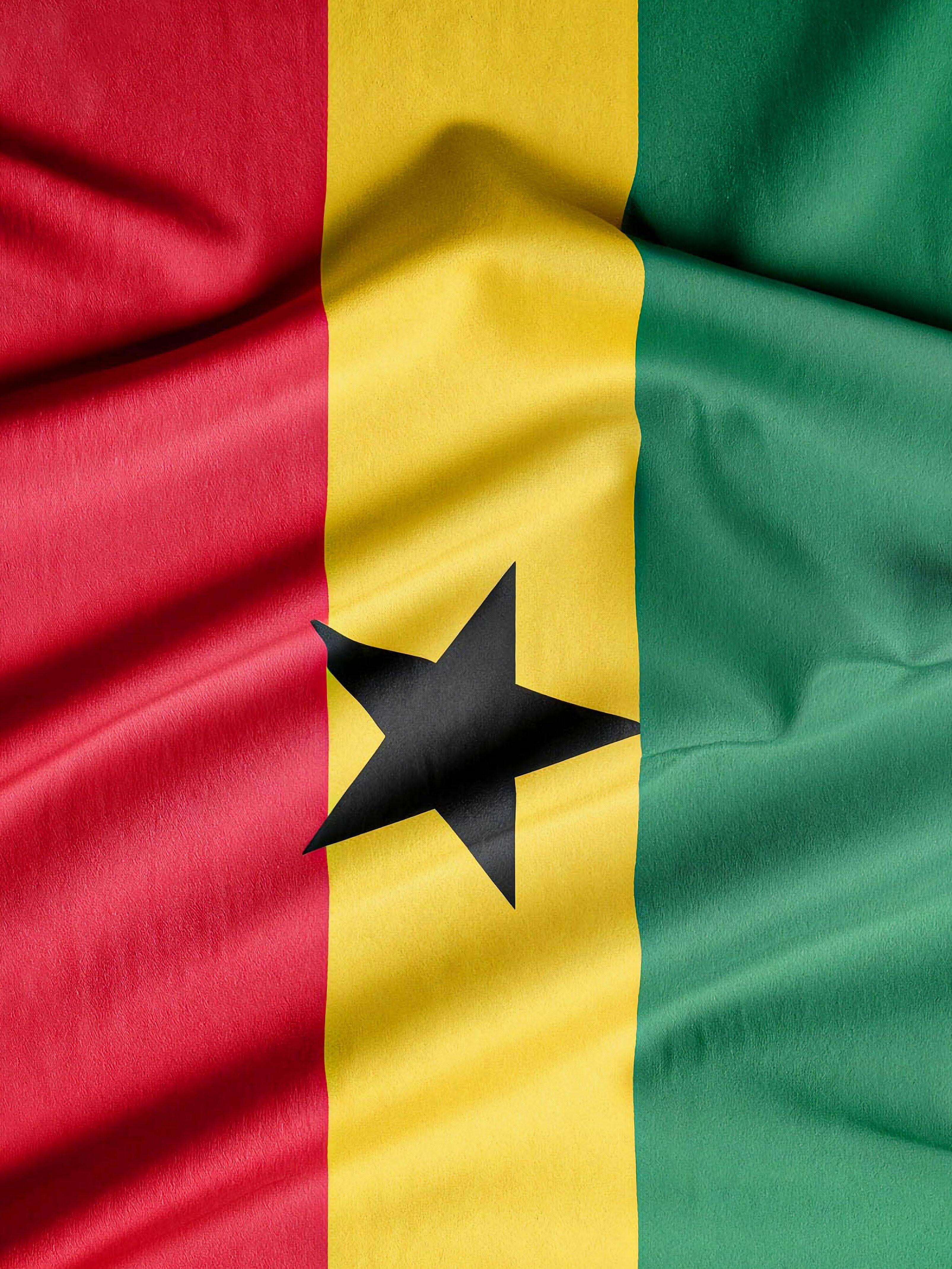ELC MEMBER EXCURSION
A JOURNEY OF HERITAGE AND LEADERSHIP





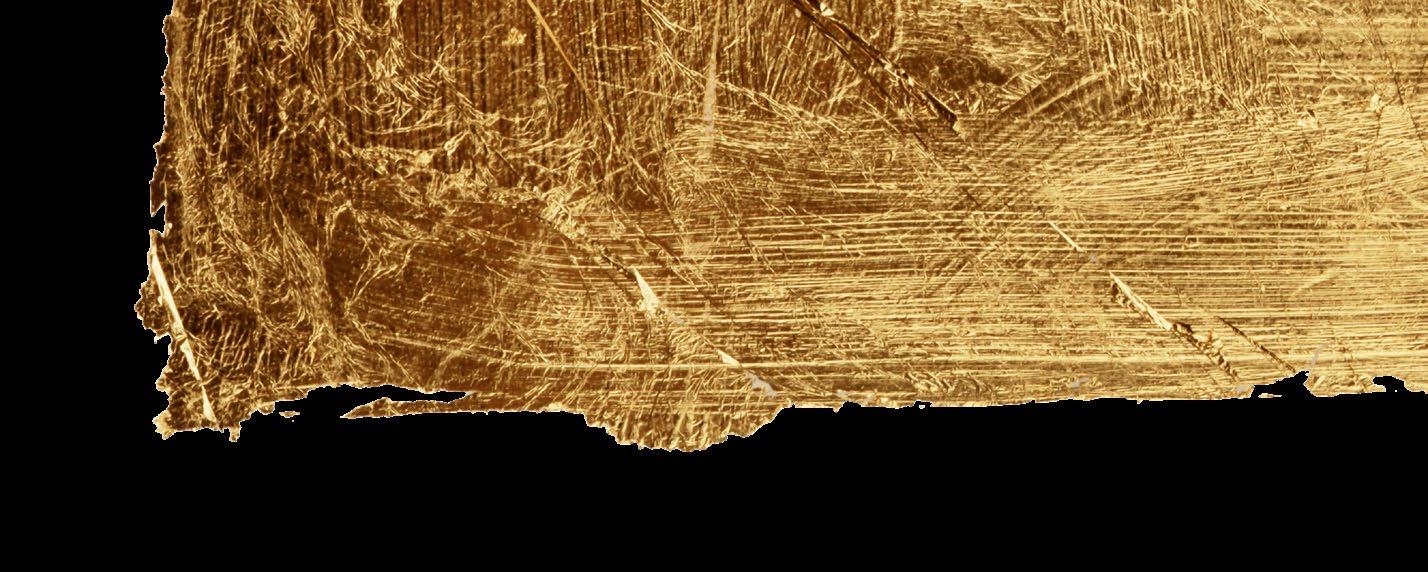
The Executive Leadership Council (ELC) recently embarked on an unforgettable journey to Ghana, marking its first-ever member excursion to the African continent. This journey to Accra, Ghana, represents a significant milestone for the organization as it deepens its commitment to global engagement and cultural exchange. The ELC’s trip to Ghana serves as a powerful catalyst for expanding our brand and enriching the Black talent pool across the diaspora.
“We’ve been talking about this, given how our membership has expanded beyond the United States primarily in the UK area. We have been talking about the entrée to the continent of Africa, primarily as African Americans with an interest in having a deeper connection to the continent. So, the thought came up a year ago of Ghana being the place, given it was the first sub-Saharan country that was free from colonization in 1957,” said ELC President and CEO Michael Hyter.
Fifty-four ELC members and guests had the unique opportunity to immerse themselves in Ghanaian traditions, history, and connect with c-suite business executives and influential leaders across the country. All gained valuable insights that will undoubtedly shape future ELC endeavors and lay the groundwork for future collaborations that align with The ELC’s mission of fostering leadership excellence and increasing the Black talent pipeline.
By engaging with the rich cultural heritage and dynamic business landscape of Ghana, this journey fosters cross-cultural exchange, opening doors for collaboration and innovation. It reinforces our commitment to creating a vibrant network that transcends borders and amplifies our collective impact on the global stage.
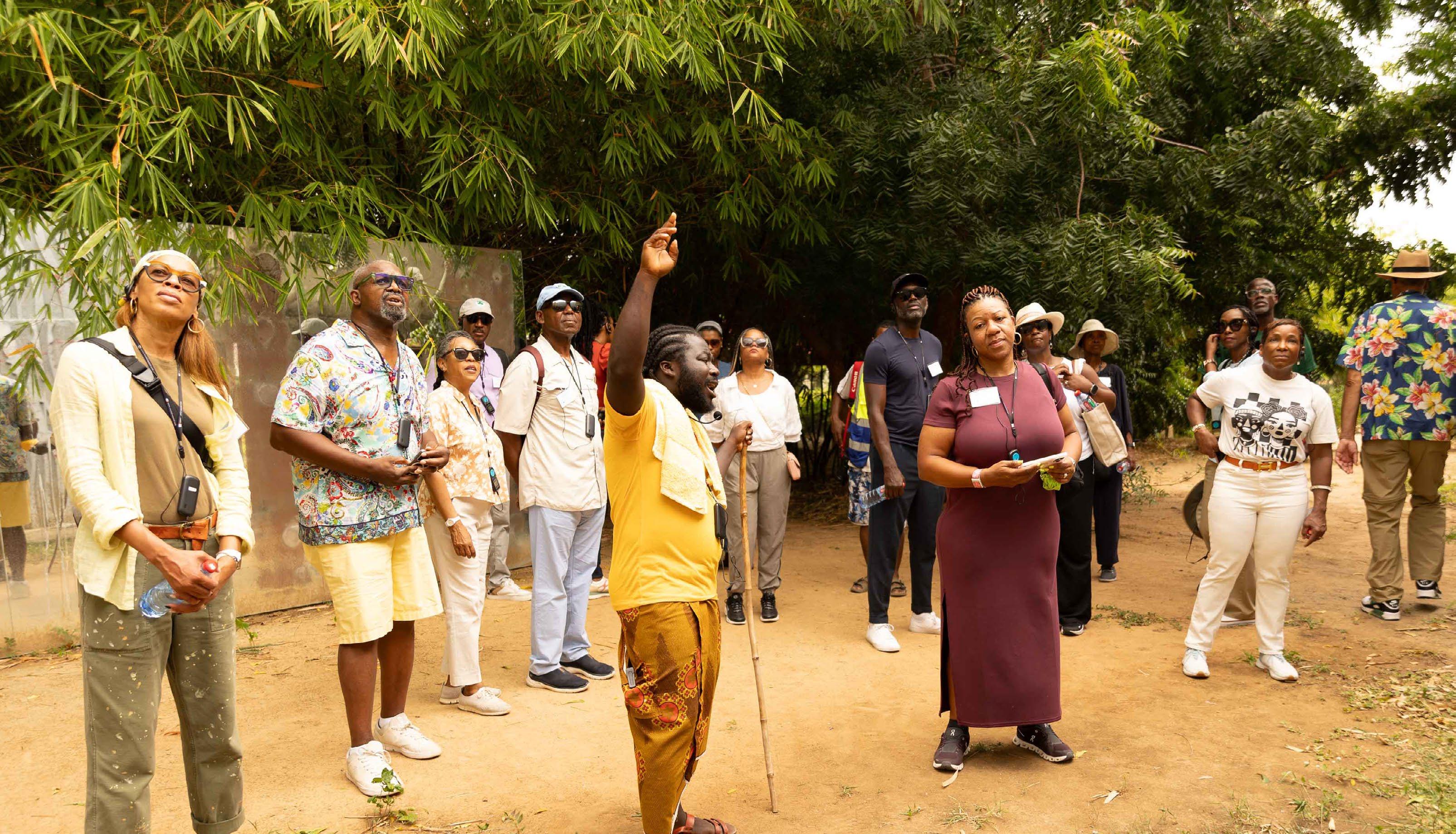


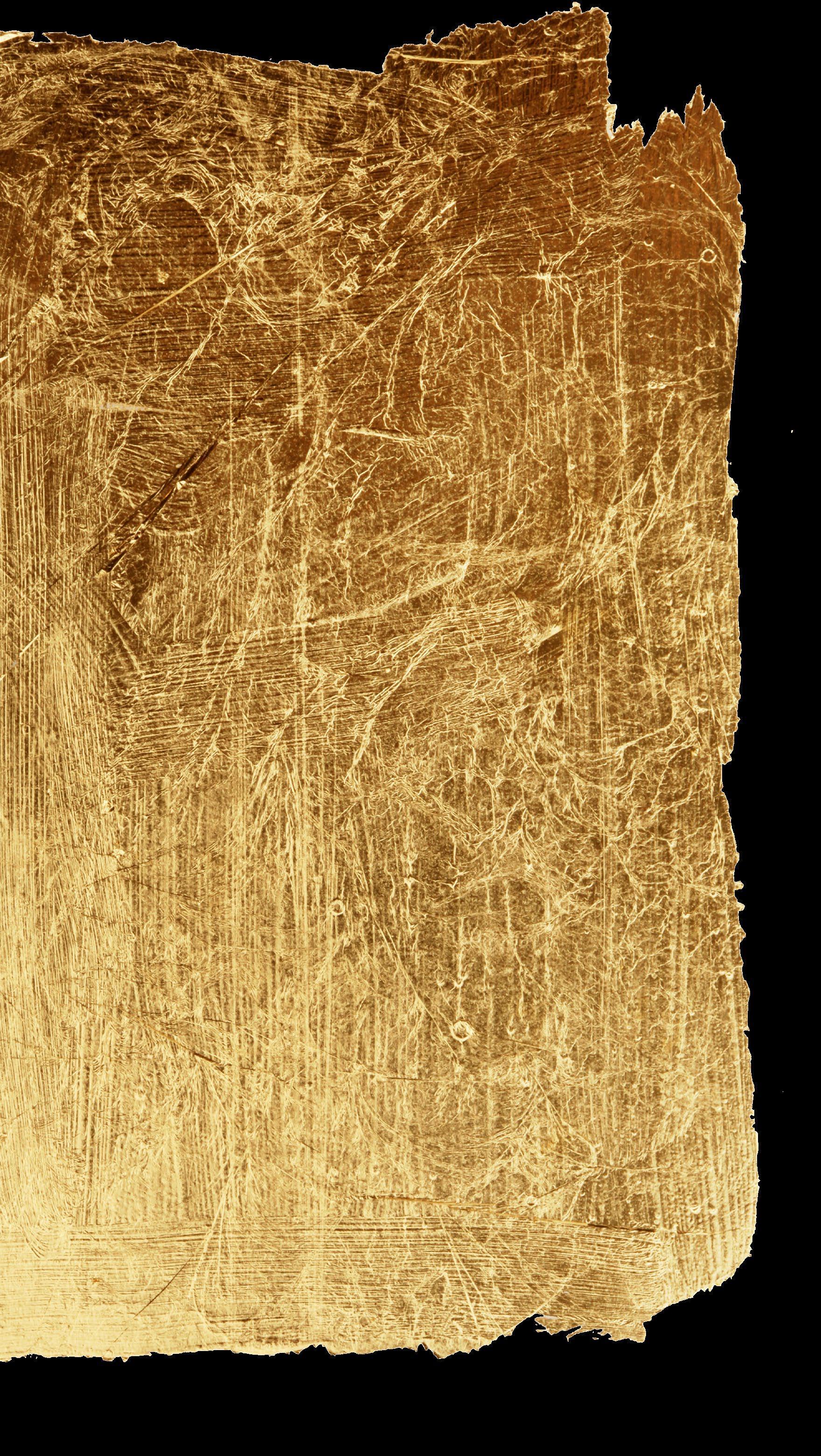
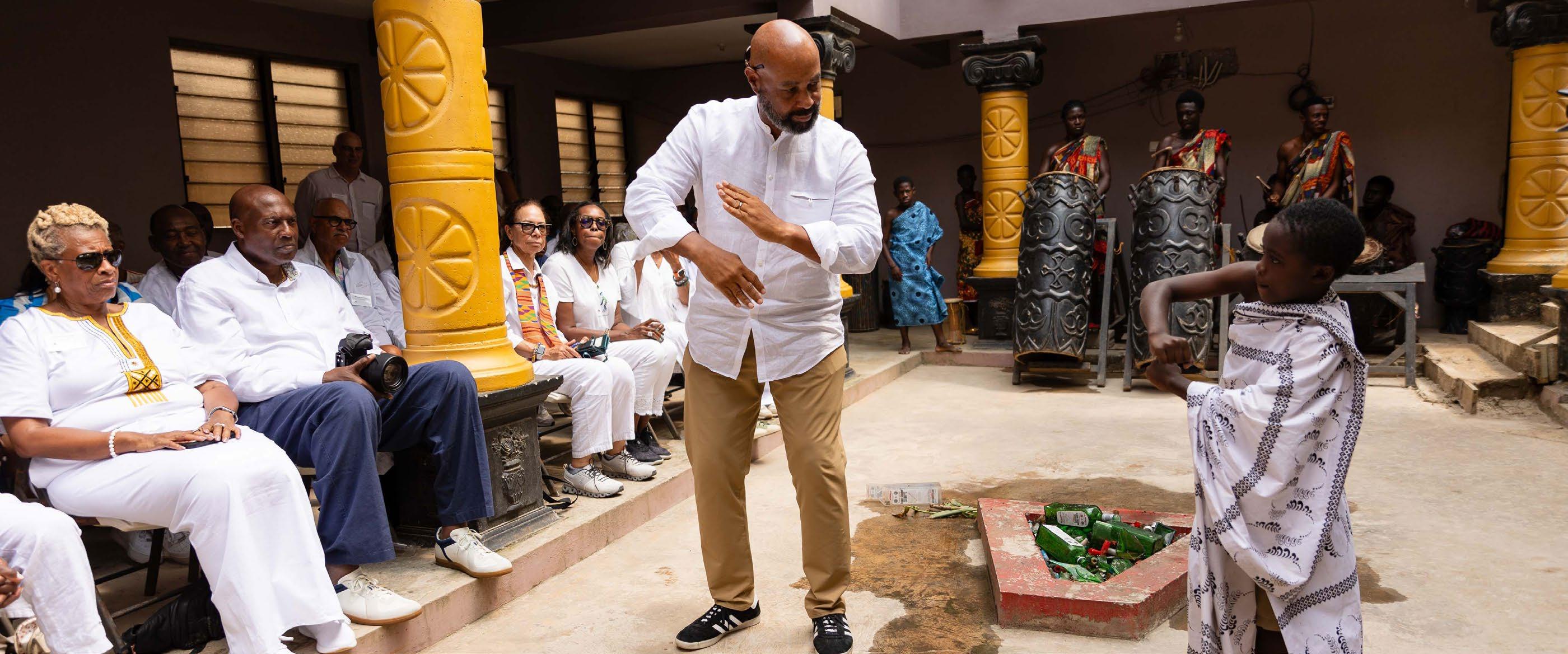
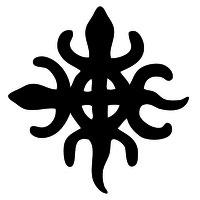


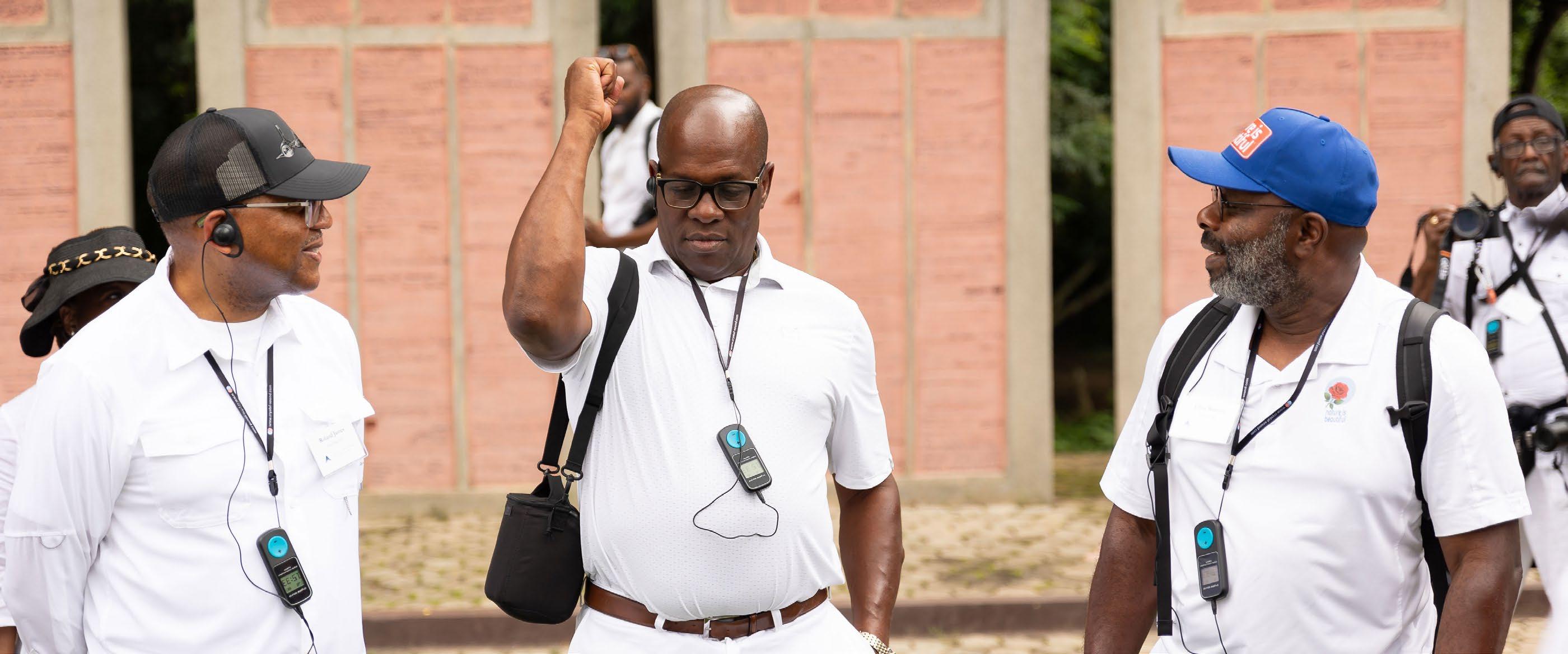

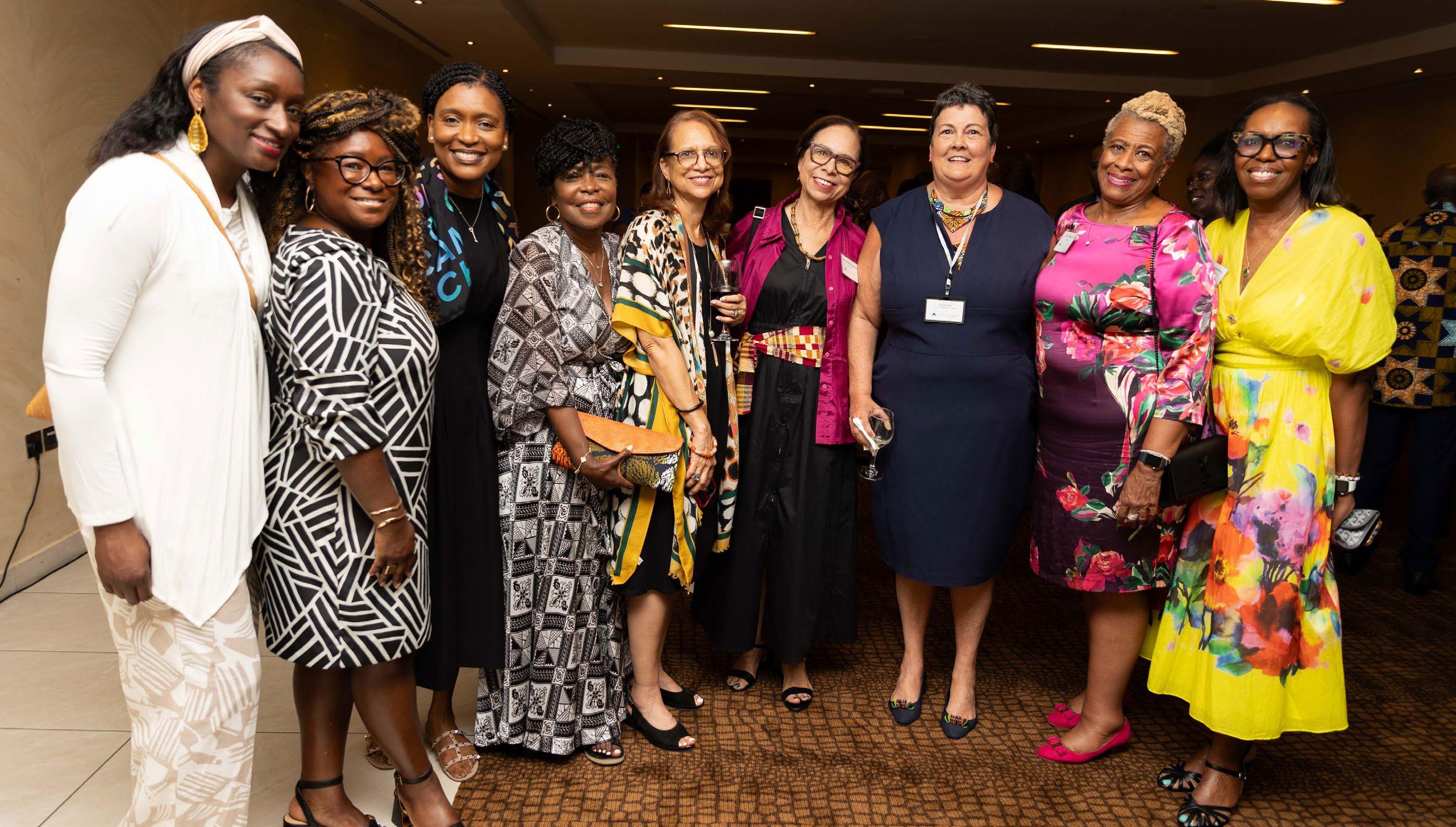

The trip to Accra kicked off with a warm welcome from Ghana’s President, Nana Akufo-Addo, who shared a message of unity and collaboration between Black America and Ghana.
ELC Board Member Janice Innis-Thompson reflected on this unique opportunity, saying,“Visiting with the president was unbelievable, and just the messaging that he had for us. And the other piece that I just keep looking at is just the economic interests and struggles that the country has. We’ve been able to experience both the highs of that, and then as we drive through also the lows.”
In an atmosphere charged with anticipation and collaboration, The ELC also had the distinct honor of
In his remarks to the group, CEO Hyter stated, “As I look around the room and see so many leaders in business and innovation, I have an immense amount of pride because I feel like I am looking at the mission of The ELC in action. Building the Black talent pipeline at the c-suite level and preparing folks to lead is our goal. And it’s a goal that we are expanding across the diaspora.” FROM GHANA’S PRESIDENT AND U.S.
hosting 40 esteemed c-suite business leaders from across Ghana, including the U.S. Ambassador to Ghana, Virginia Palmer. This gathering marked a significant goal for The ELC’s efforts to forge meaningful connections and foster mutual growth between American and African business communities.
As members convened with likeminded visionary leaders, they were immediately struck by the depth of knowledge, innovation, and passion that everyone brought to the table. This meeting was not just a dialogue, but a meeting of the minds committed to driving economic development, social progress, and cultural exchange.
Ambassador Palmer’s presence underscored the importance of this gathering.
Reflecting on the experience, ELC Board Chair Gale King shared, “Meeting with such a diverse and dynamic group of Ghanaian business leaders, alongside Ambassador Palmer, was incredibly inspiring. This gathering was a testament to the power of collaboration and the immense potential that lies in our shared commitment to excellence and progress.”
“ THIS GATHERING WAS A TESTAMENT TO THE POWER OF COLLABORATION AND THE IMMENSE POTENTIAL THAT LIES IN OUR SHARED COMMITMENT TO EXCELLENCE AND PROGRESS.”
- Gale King, ELC Board Chair
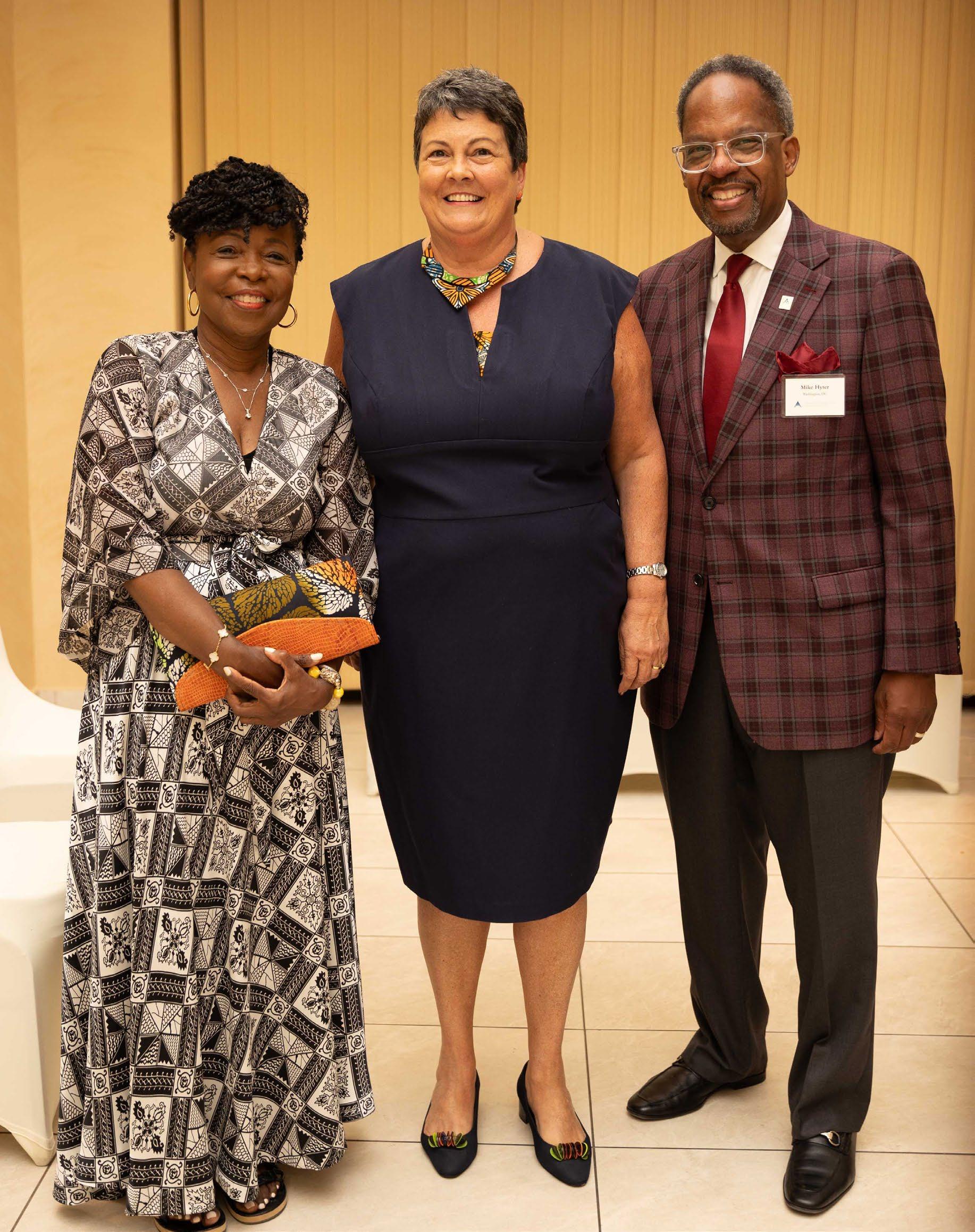
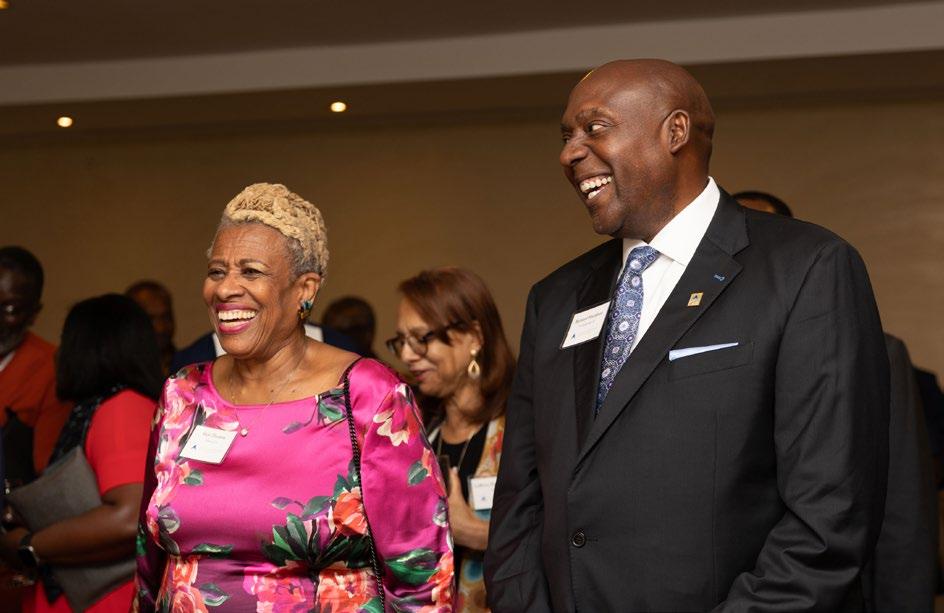
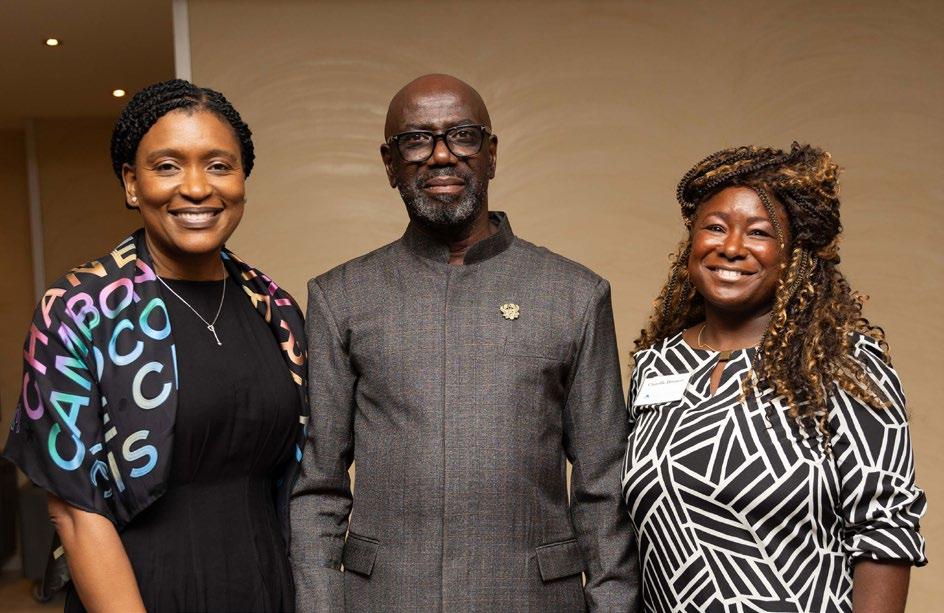
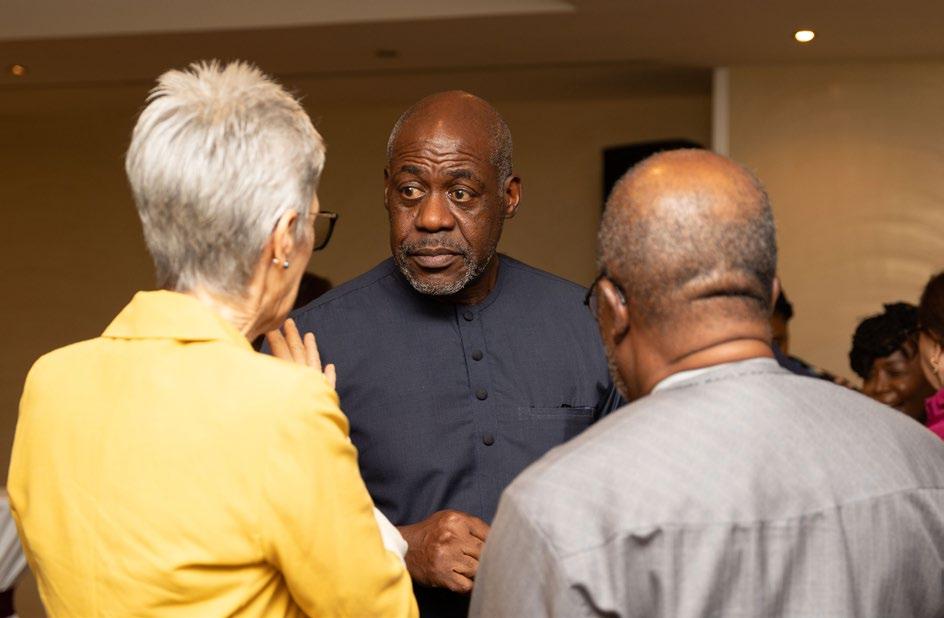

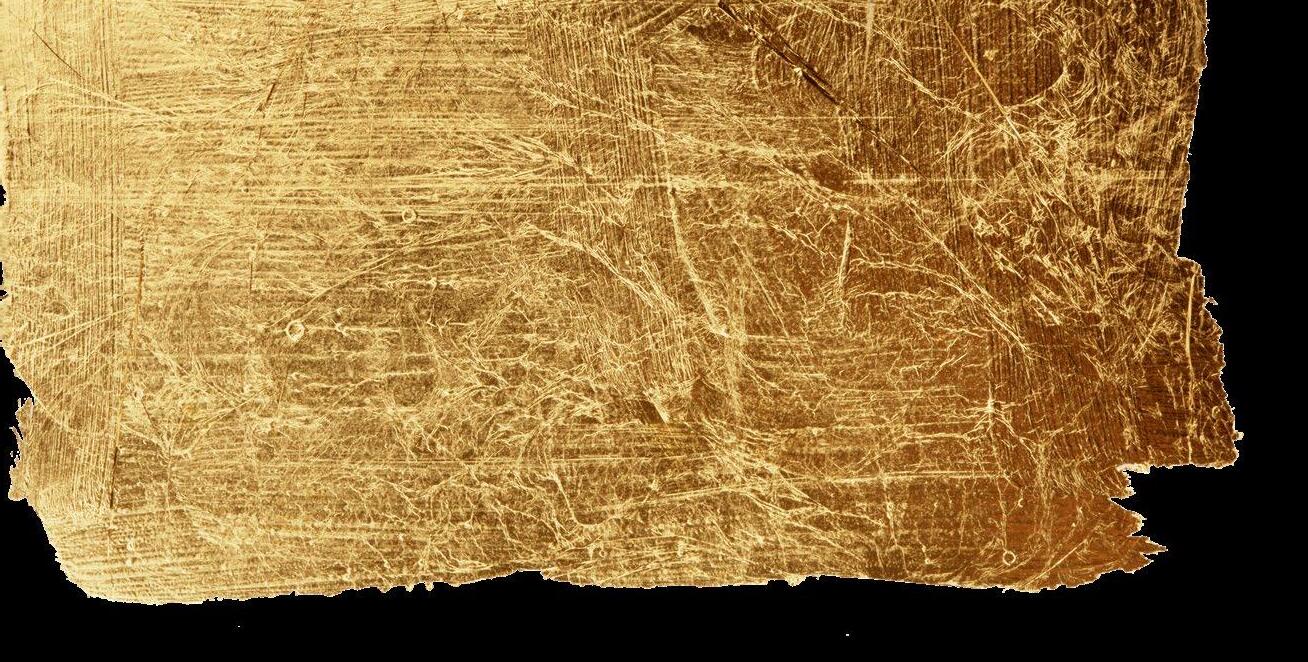
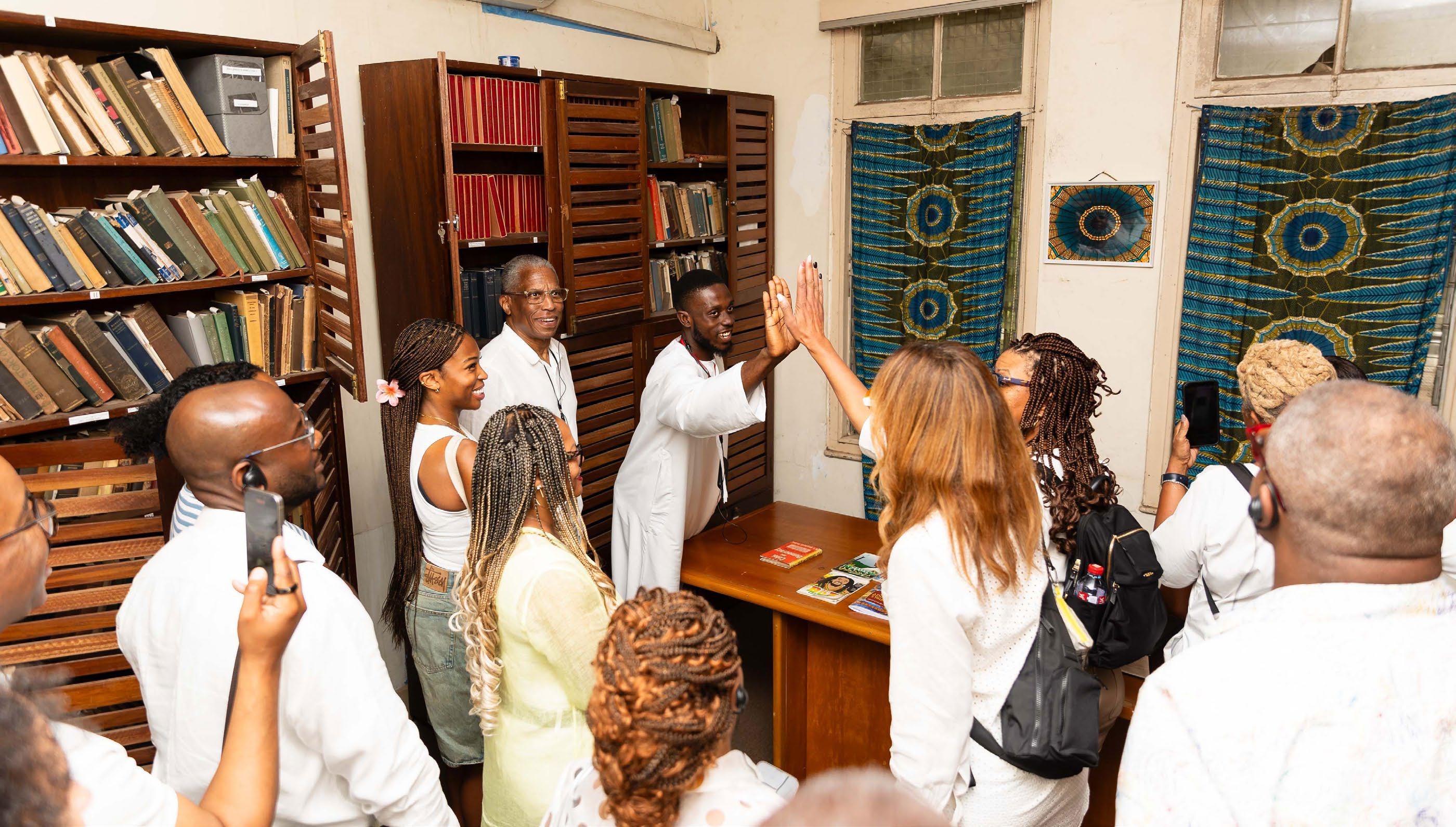
The trip included visits to the Kwame Nkrumah Memorial and the W.E.B. Du Bois Museum, where members learned about Ghana’s fight for independence and its influential leaders.
ELC Member Syreeta Brown was particularly moved by learning about Nkrumah’s wife. “I grew up on the first president of Ghana because my mom was a big activist in her teens, so I had a lot of literature at home. But I didn’t know much about his wife. And I just think that some of these partners to great leaders are unsung heroes and learning about her today has been quite enlightening.”
The W.E.B. Du Bois Museum is not just a collection of artifacts and exhibits; it is a sanctuary of knowledge and

a tribute to one of the most influential figures in African American history. Dr. W.E.B. Du Bois was a visionary whose work and advocacy for civil rights and social justice continue to resonate with generations.
Reflecting on the experience, CEO Hyter shared, “Visiting the W.E.B. Du Bois Museum was a deeply moving and transformative experience for all of us. It reminded us of the enduring power of knowledge, the importance of standing up for what is right, and the impact an individual can have on the course of history. Dr. Du Bois’s legacy inspires us to continue his work, to advocate for justice, and to lead with courage and conviction.”
Before The ELC departed the museum, a wreath from the organization was placed at Dr. Du Bois final resting place reading, “The Executive Leadership Council dedicates this wreath to W.E.B. Du Bois. May his work serve as a reminder
to
the entire African diaspora that justice for one is justice for all.”
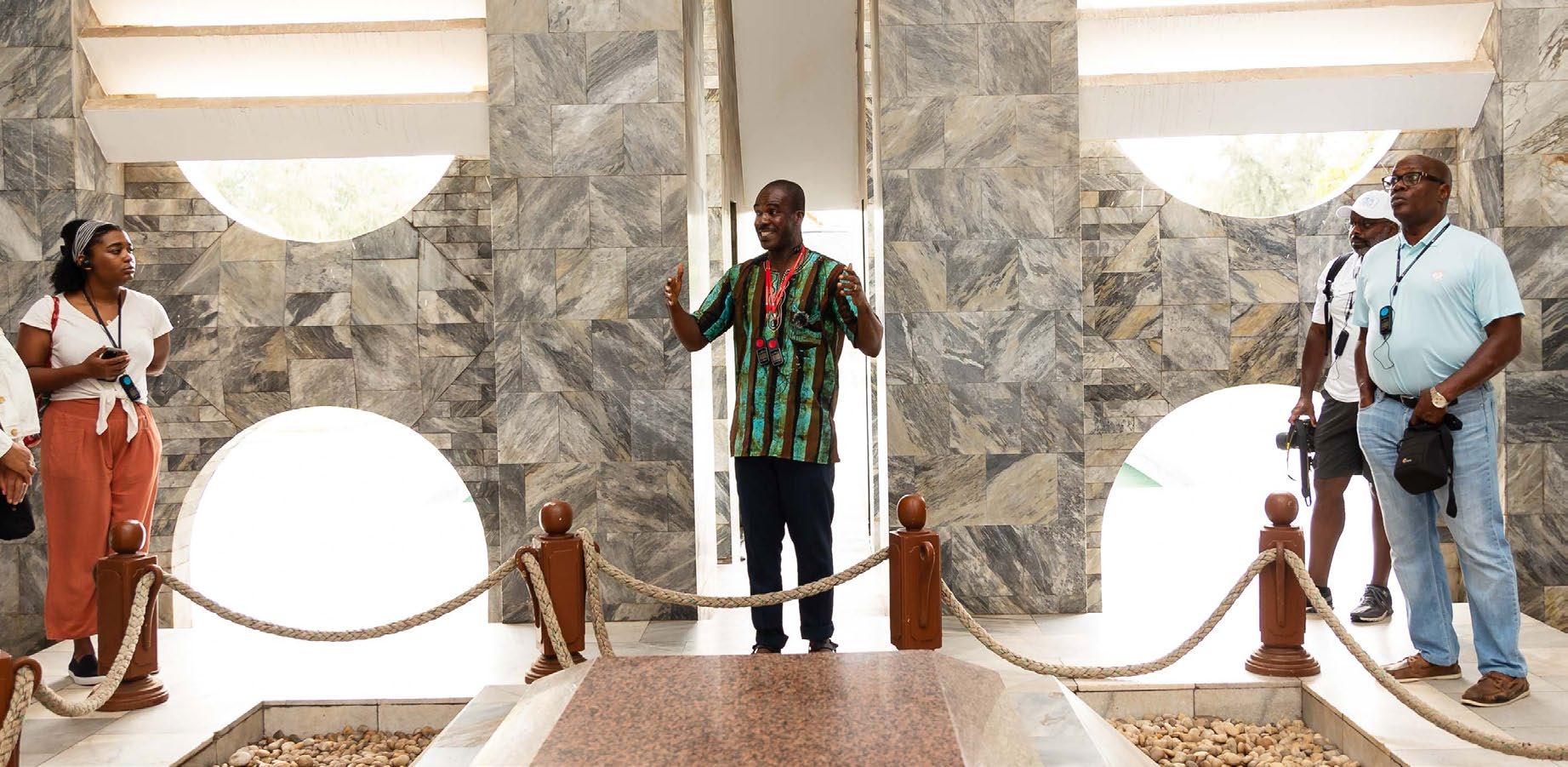
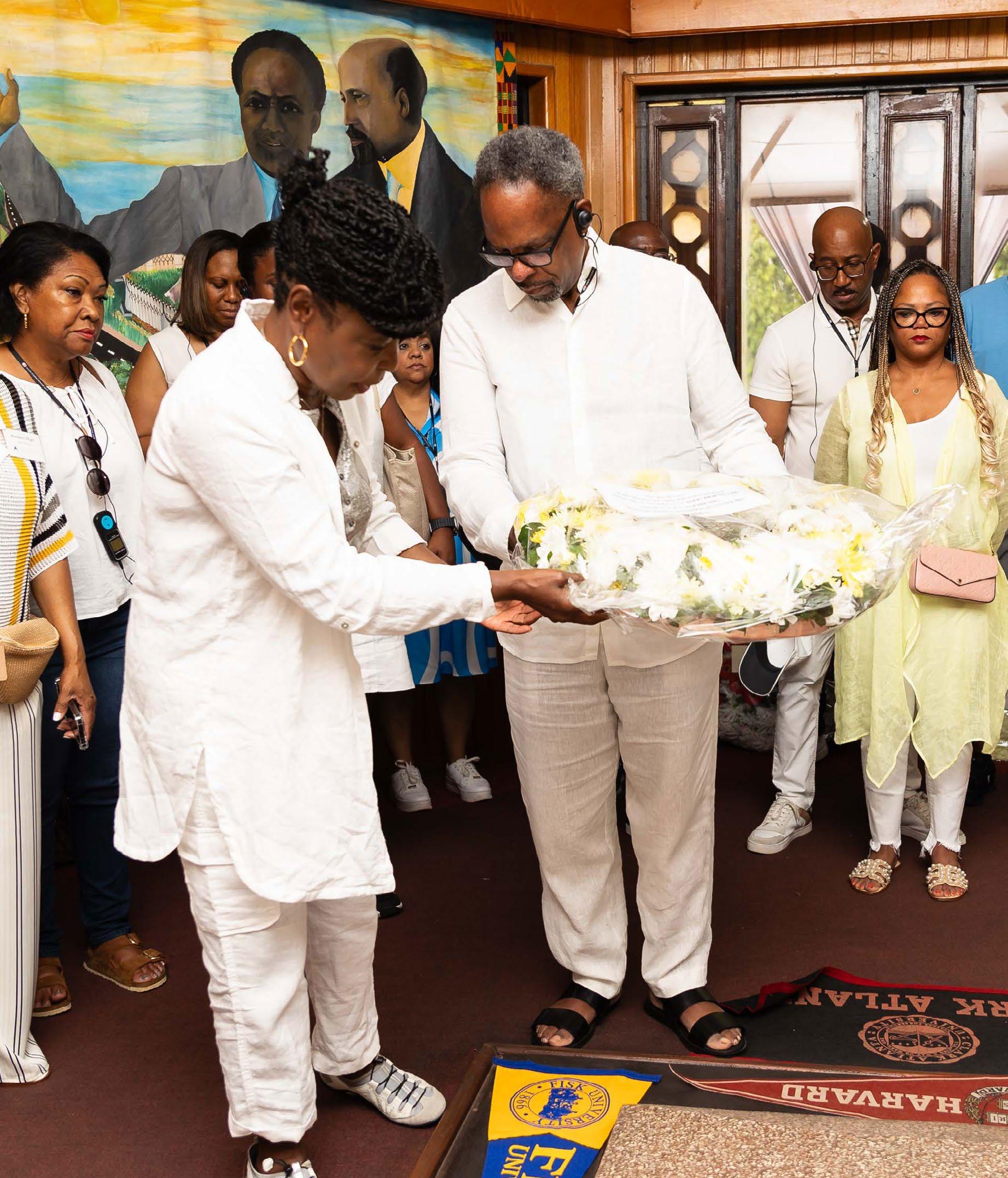
“ STRIVE FOR THAT GREATNESS OF SPIRIT THAT MEASURES LIFE NOT BY ITS DISAPPOINTMENTS BUT BY ITS POSSIBILITIES.”
- W.E.B. Du Bois
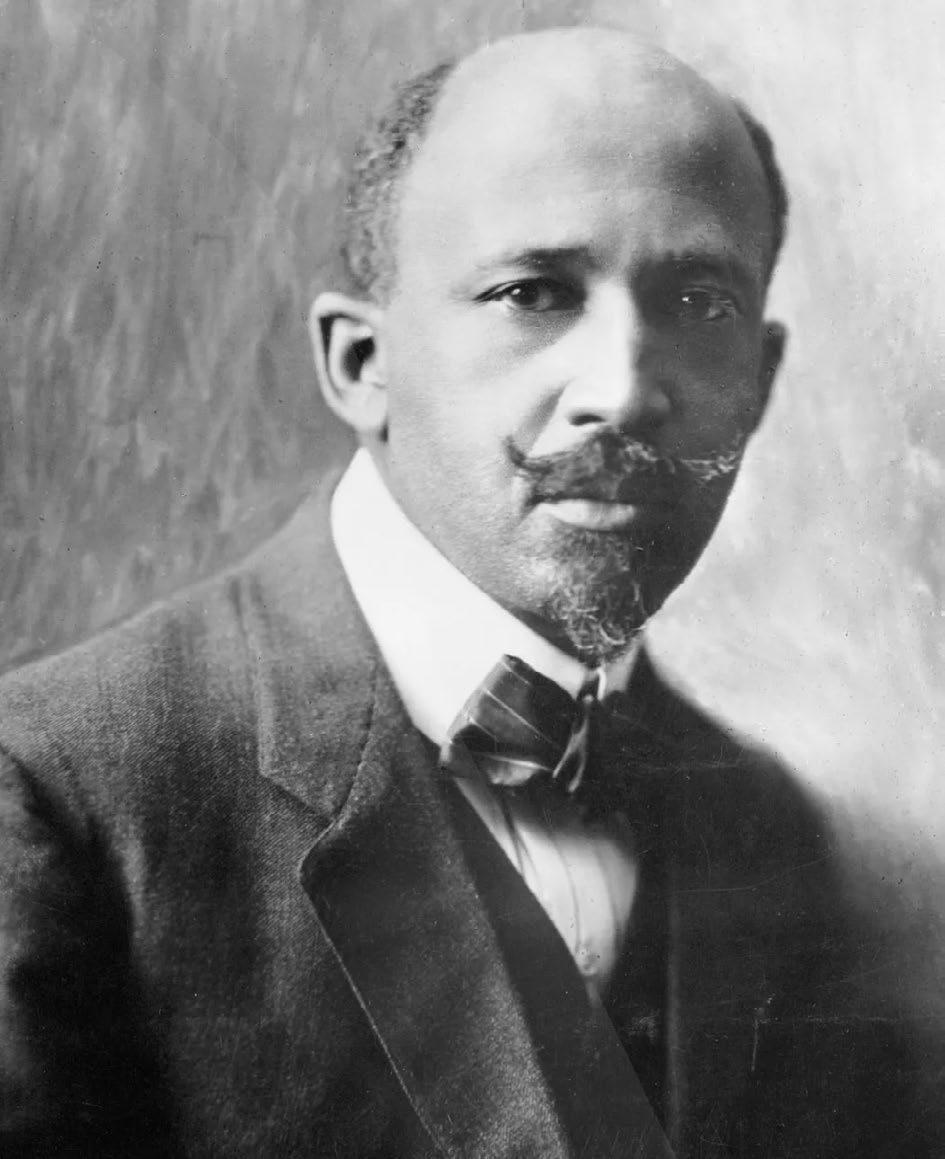
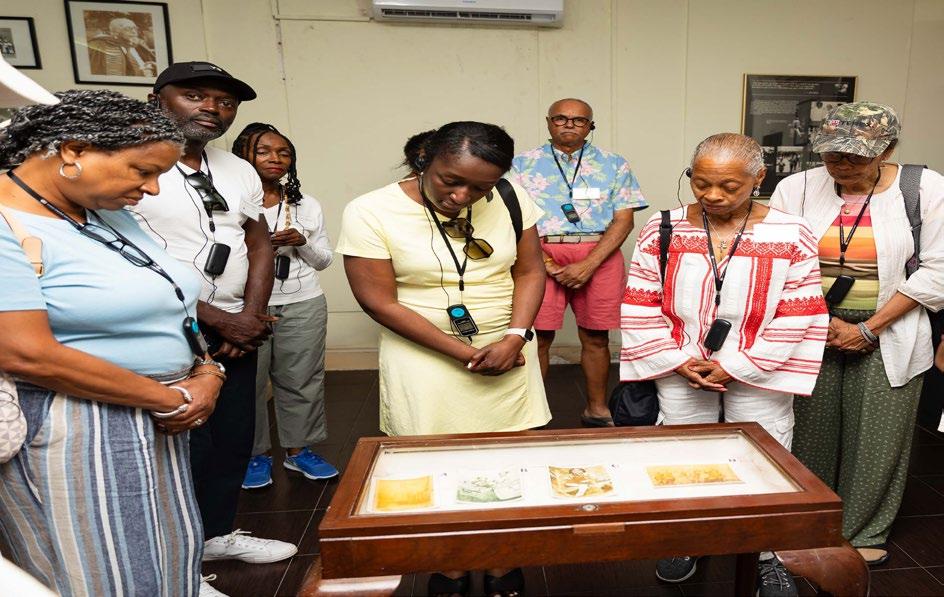

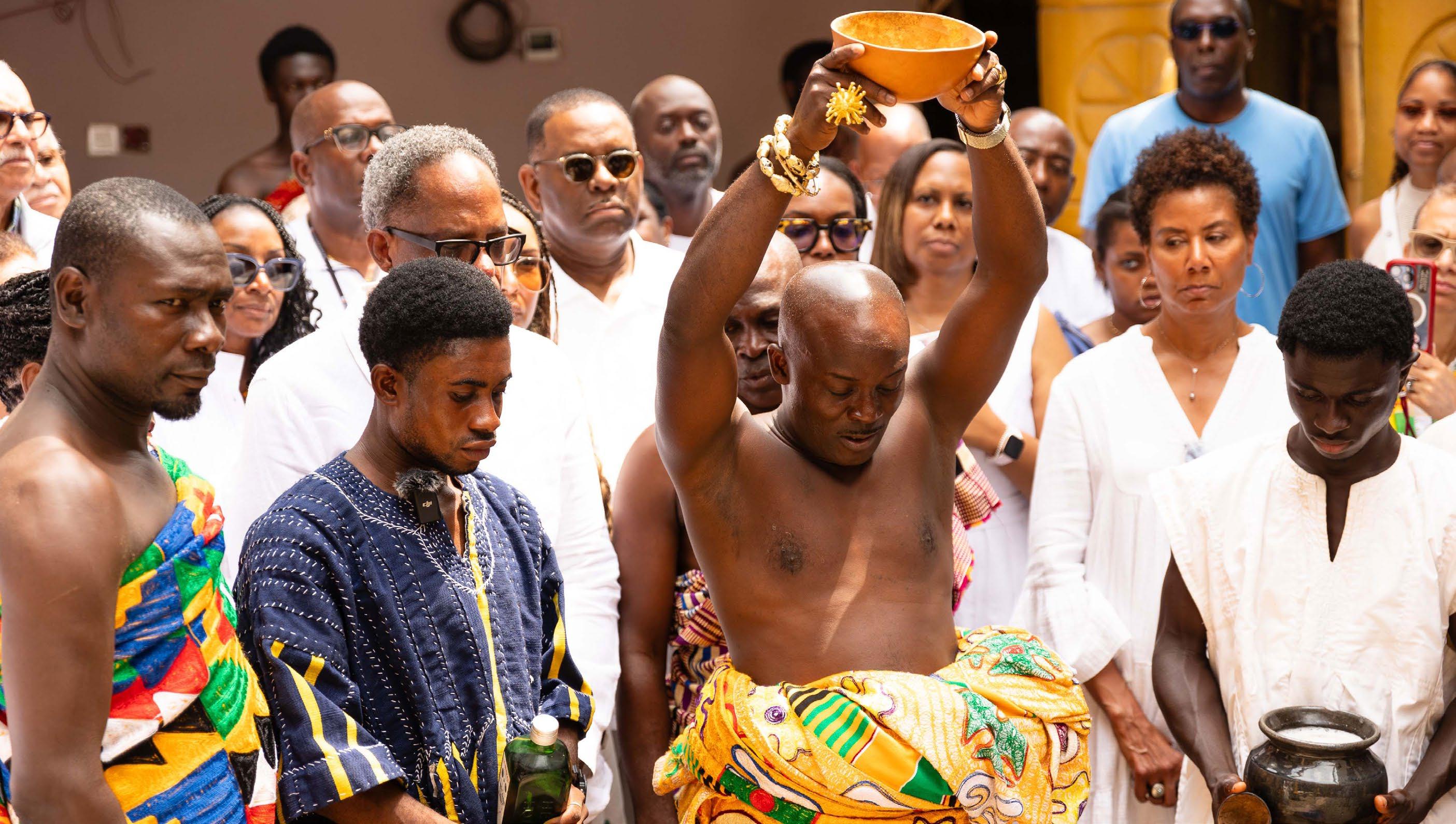
The Akan people, one of the largest ethnic groups in Ghana, have a naming system that is both poetic and practical. Central to this system is the belief that the day of the week on which a person is born holds special significance. This tradition assigns specific names to each day, imbuing individuals with qualities associated with that day.
ELC Members, and their guests, had the rare opportunity to receive their Ghanaian name from a tribal chief during a traditional Akan Naming Ceremony.
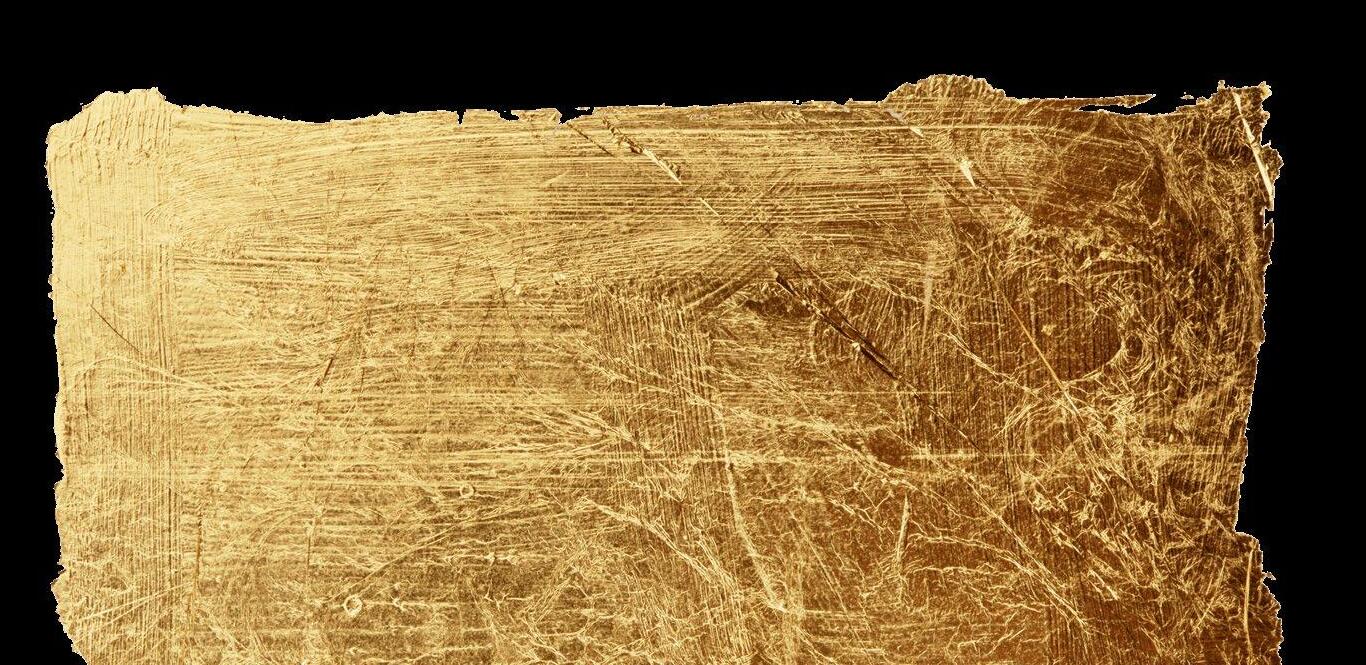
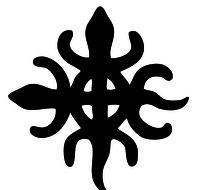
“The traditional naming ceremony was grounding and gave us a sense of purpose and a sense of direction for the future.” said ELC Member Dr. Lilicia Bailey.
The ceremony begins with the chief and his counsel, draped in bright Ghanaian clothing, entering the hall to the thunderous sound of African drums and celebration.
ELC Members were randomly picked by young Ghanaian dancers to participate in traditional dances before the naming ceremony began.

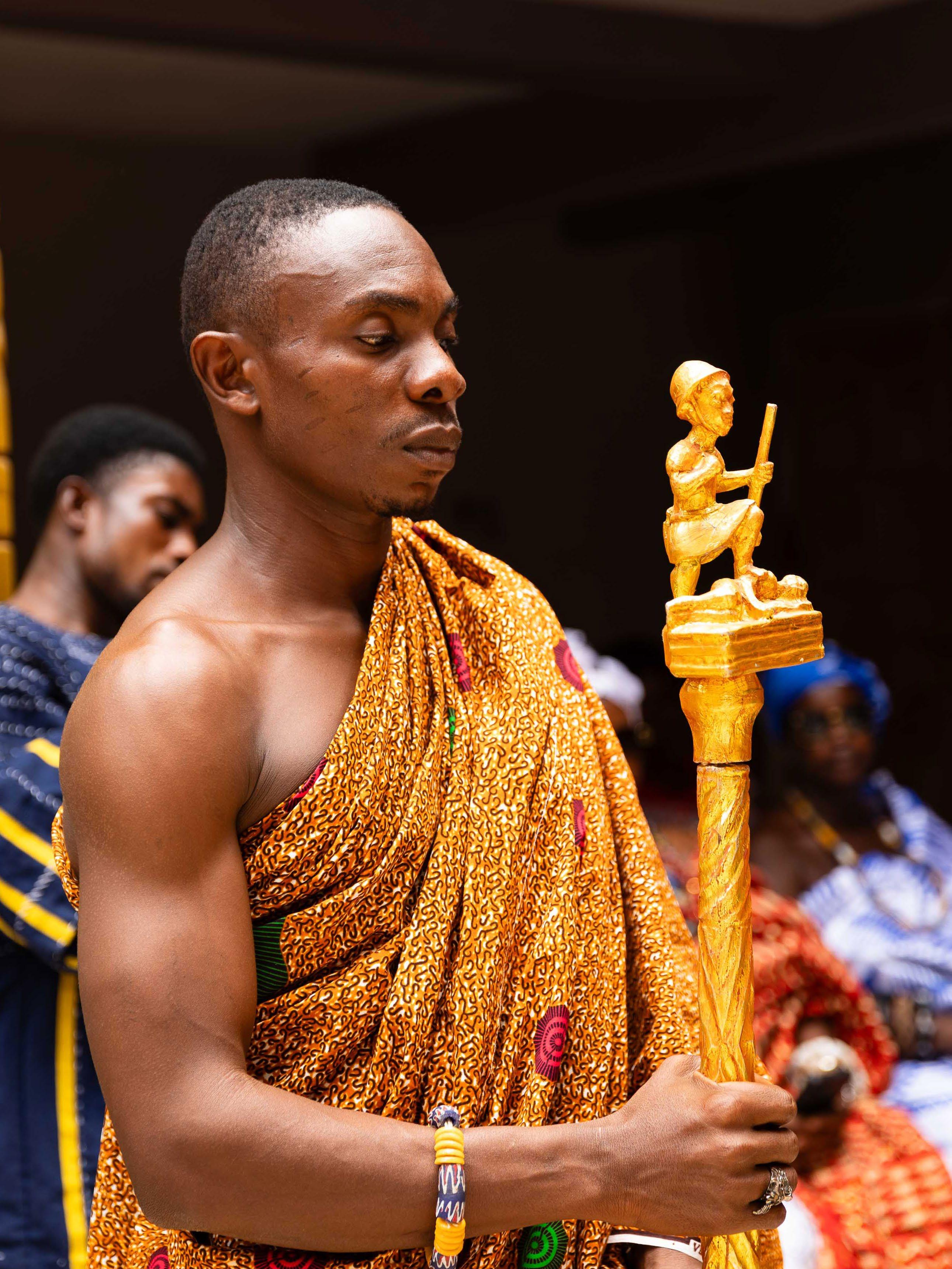
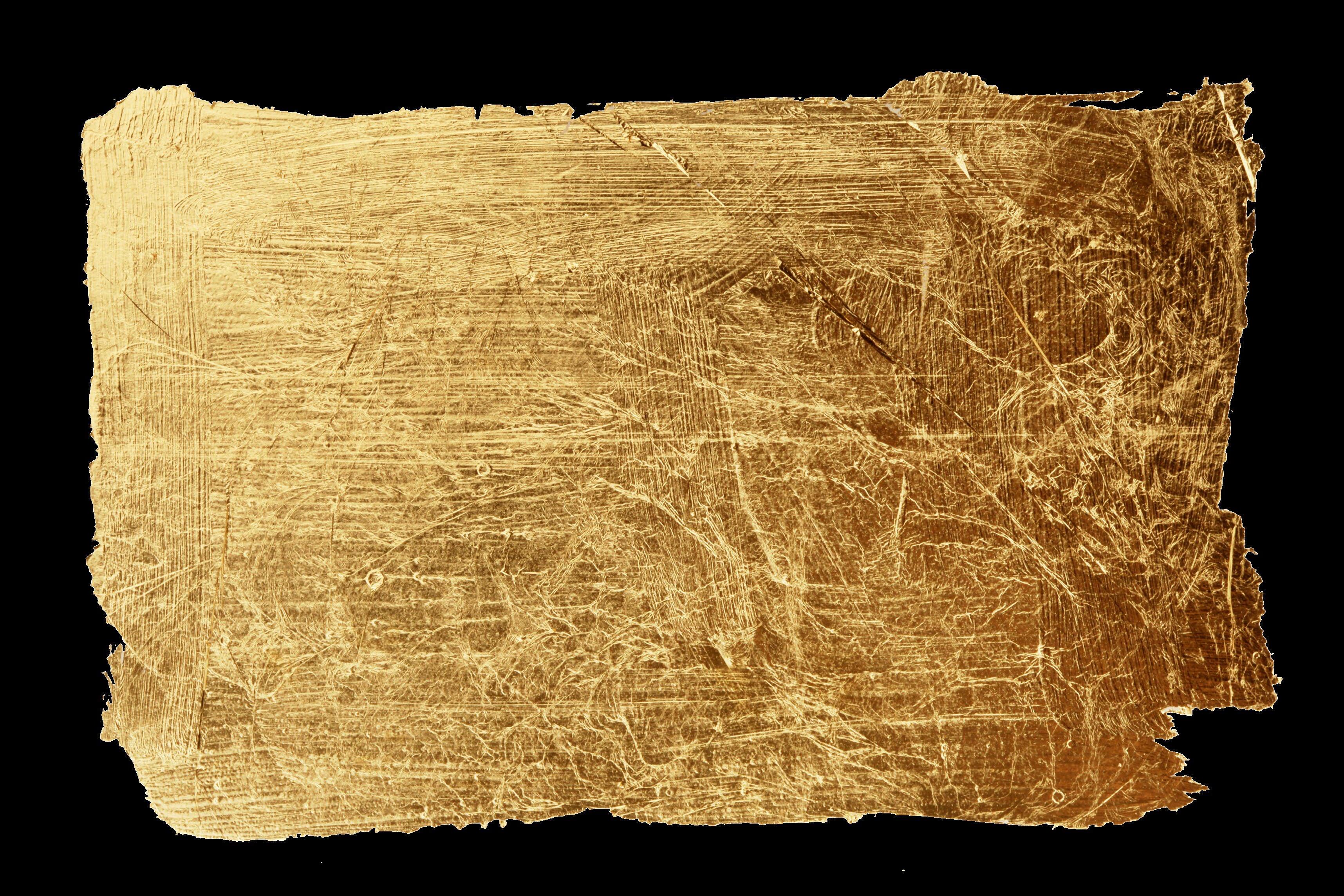

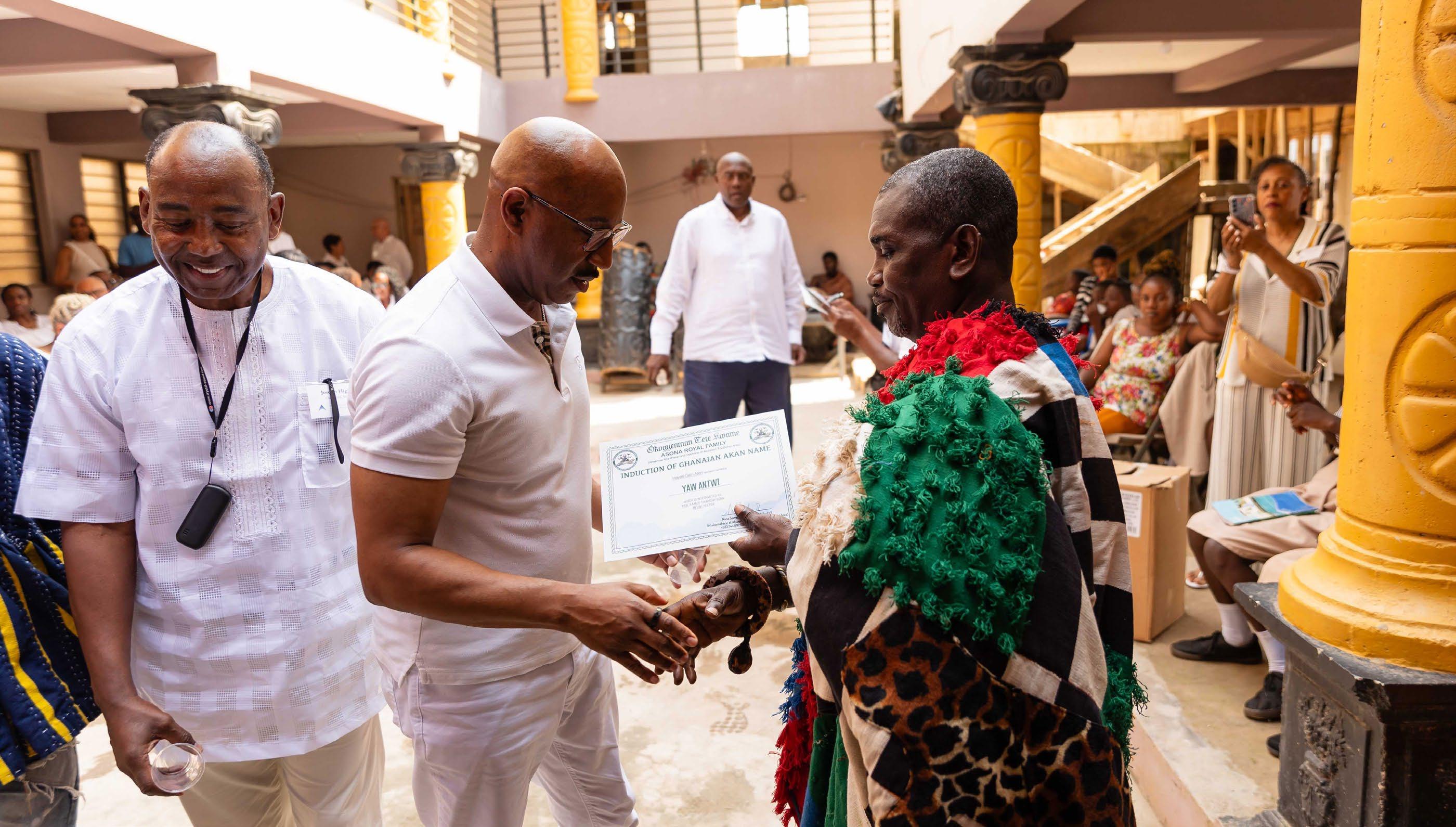
In the Akan tradition, each day of the week corresponds to a specific name for males and females. Find yours below:
Sunday: Males are named Kwasi, and females are named Akosua
Monday: Males are named Kwadwo, and females are named Adwoa.
Tuesday: Males are named Kwabena, and females are named Abena.
Wednesday: Males are named Kwaku, and females are named Akua.
Thursday: Males are named Yaw, and females are named Yaa.
Friday: Males are named Kofi, and females are named Afia.
Saturday: Males are named Kwame, and females are named Ama.
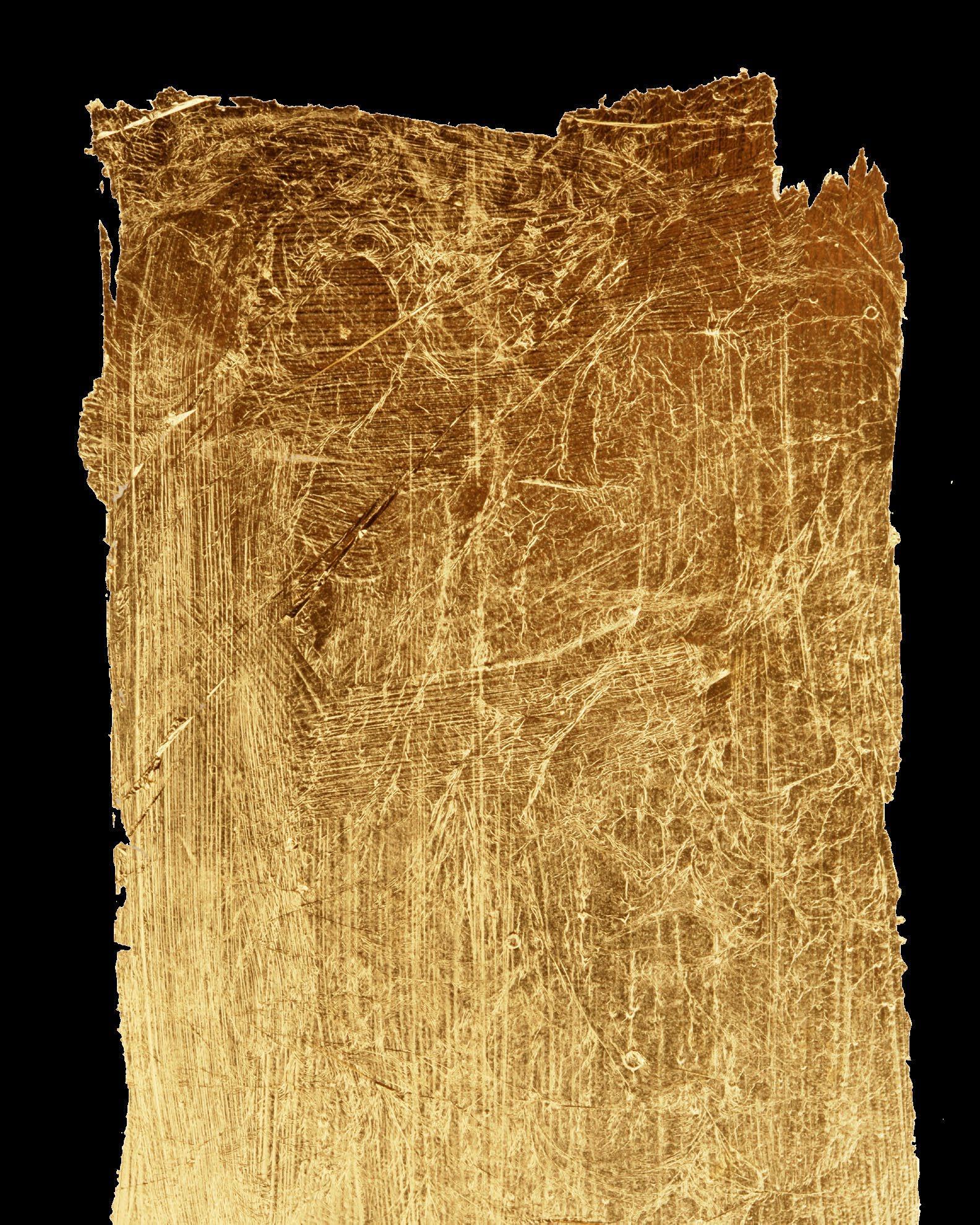
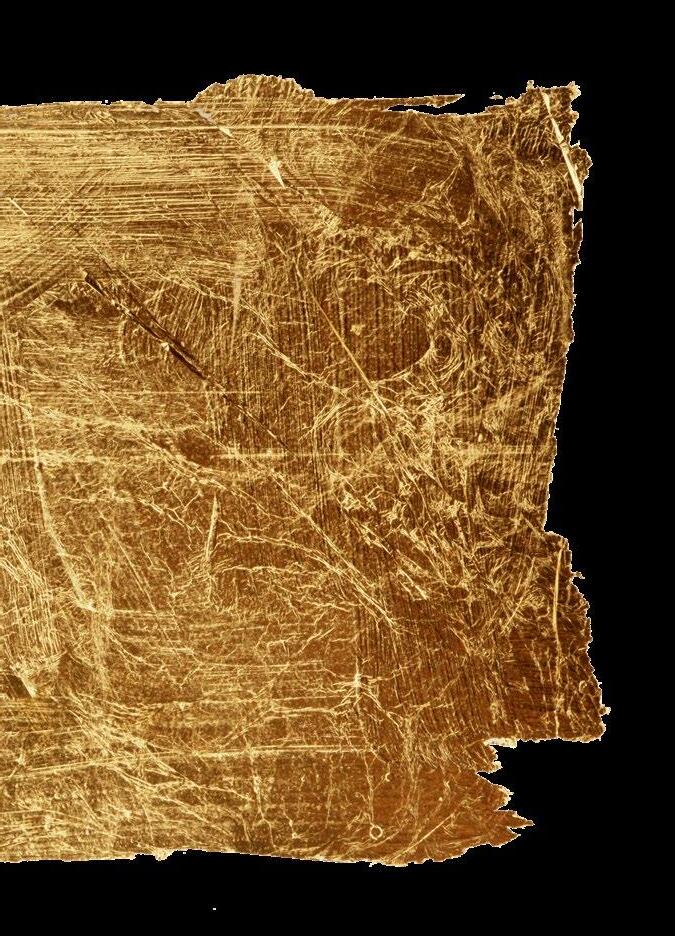
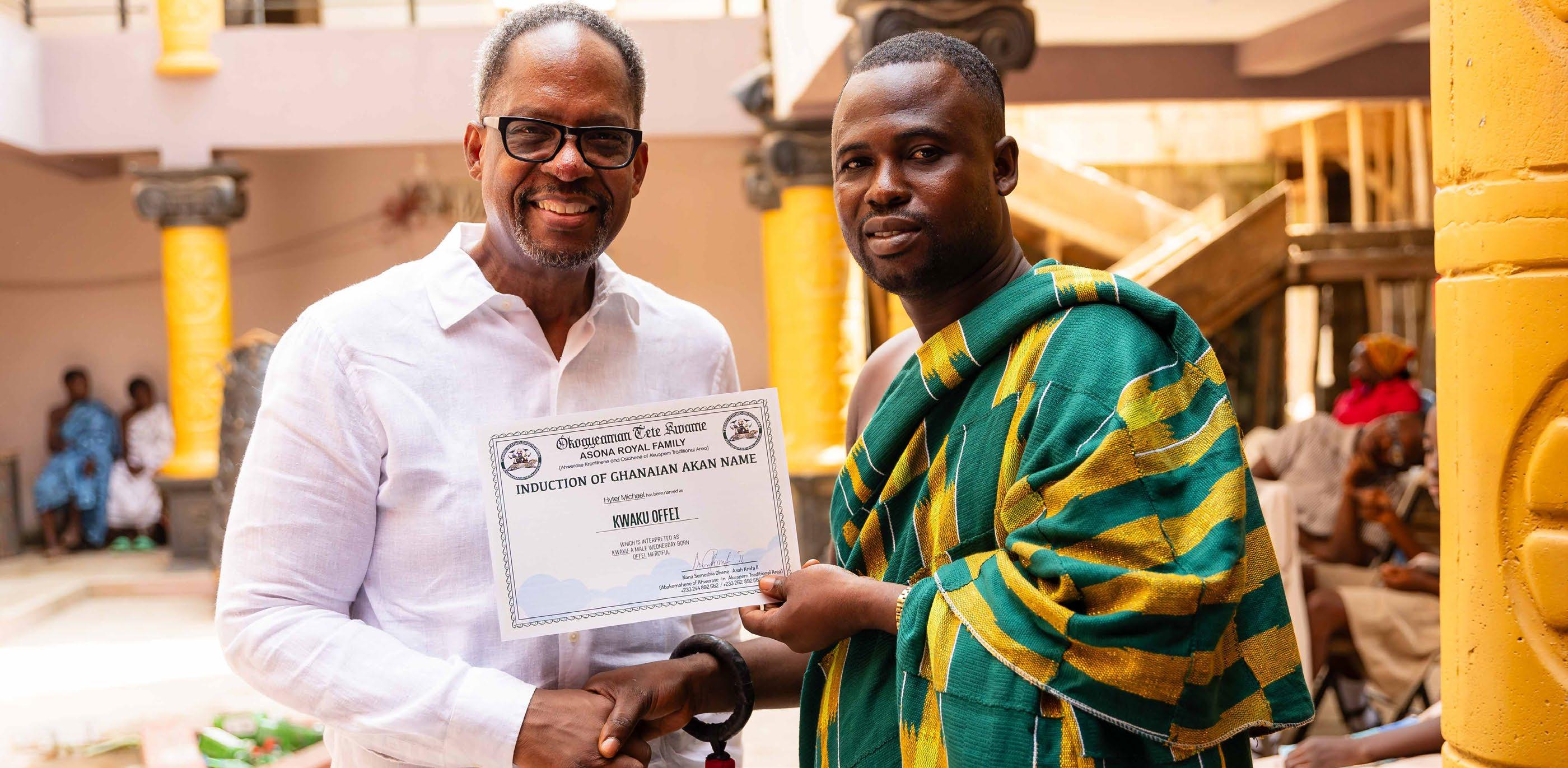
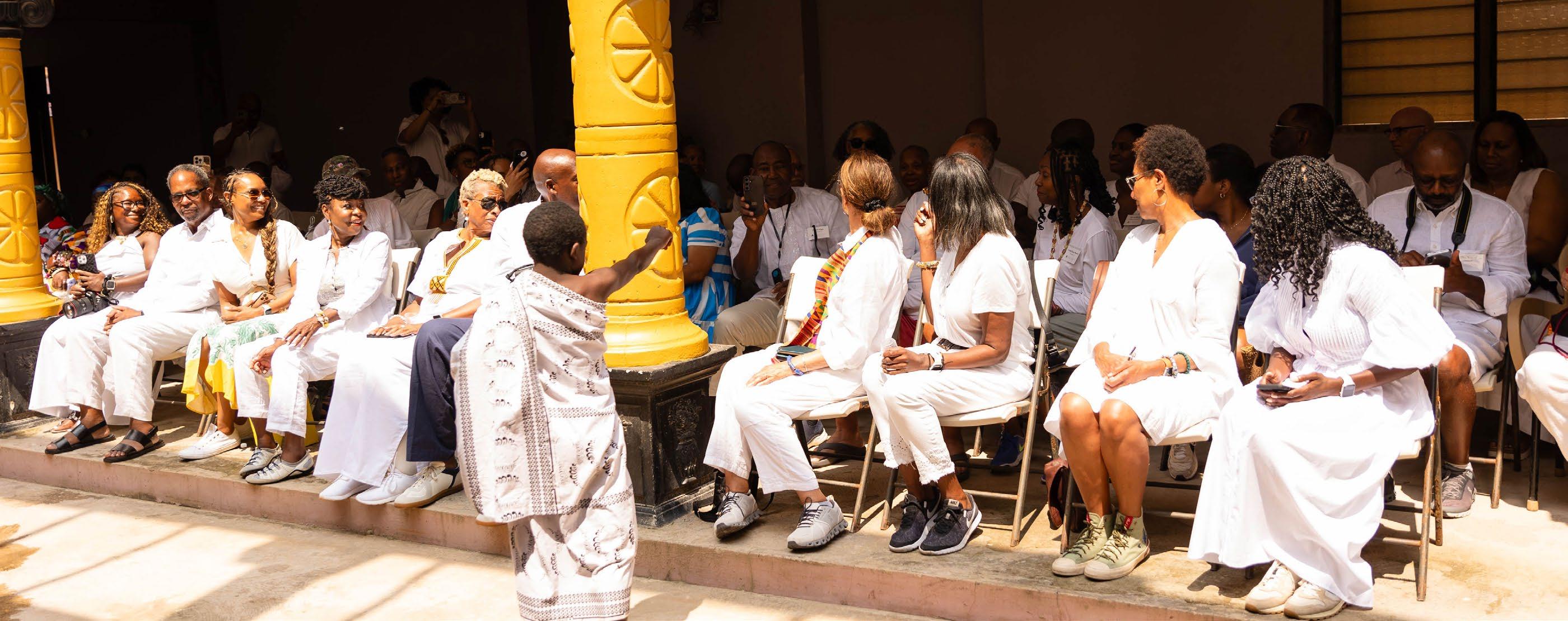
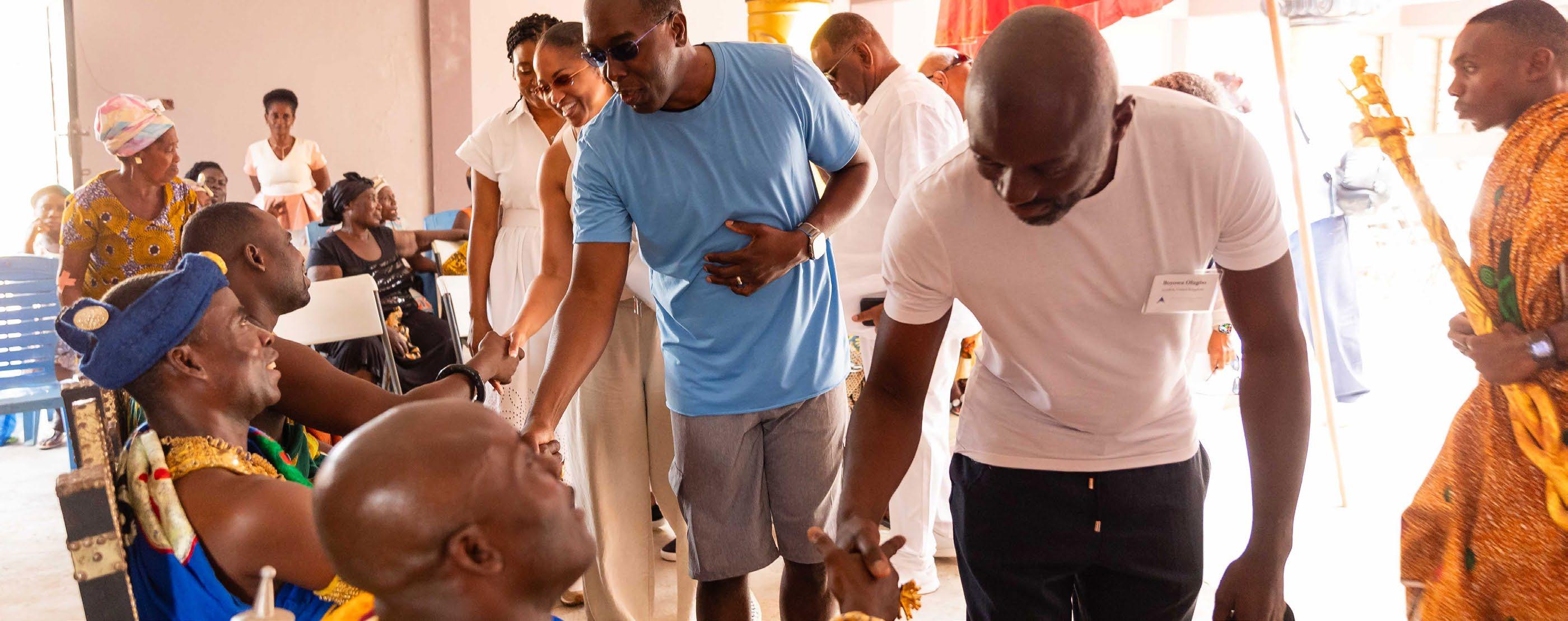
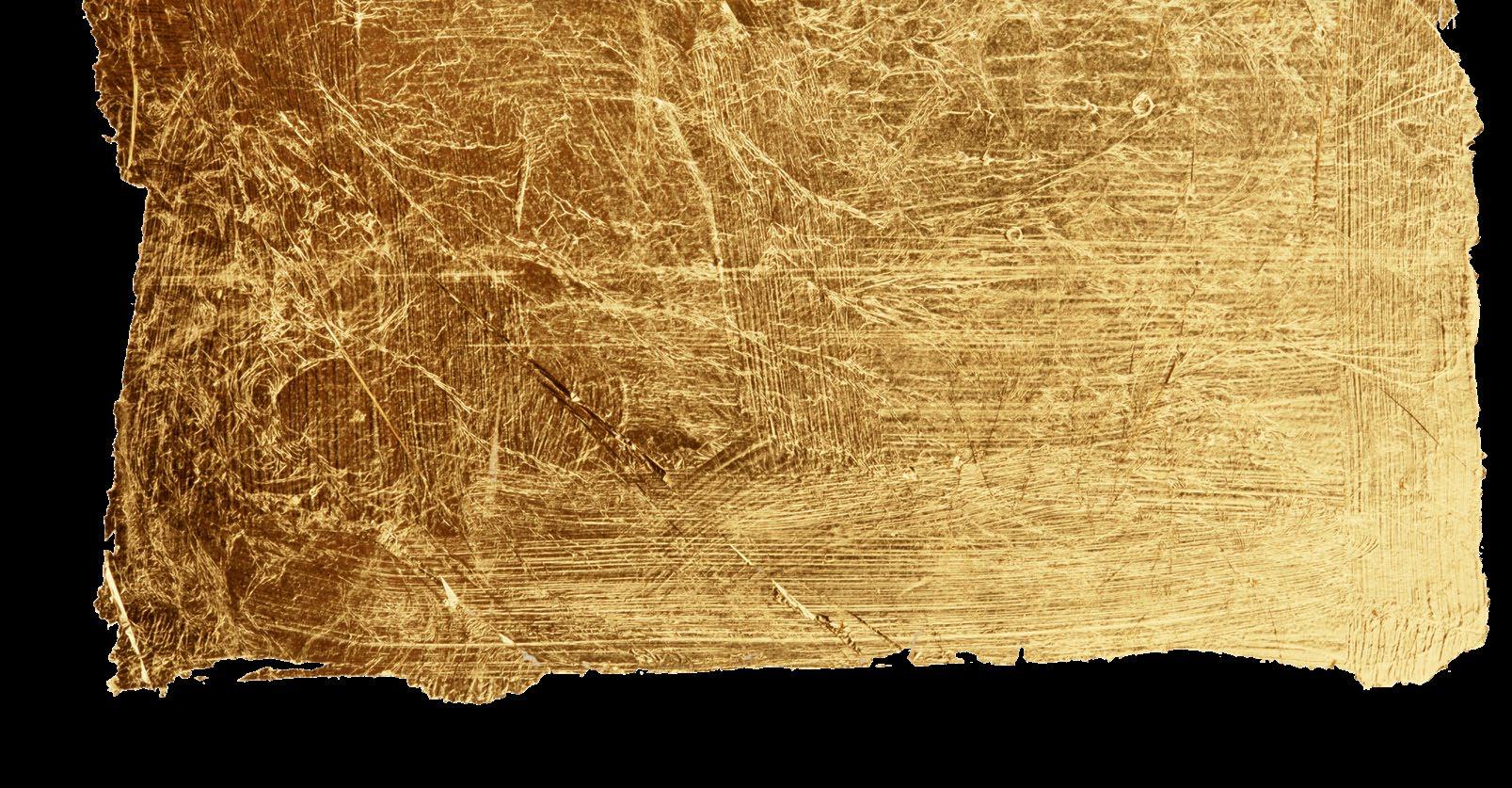

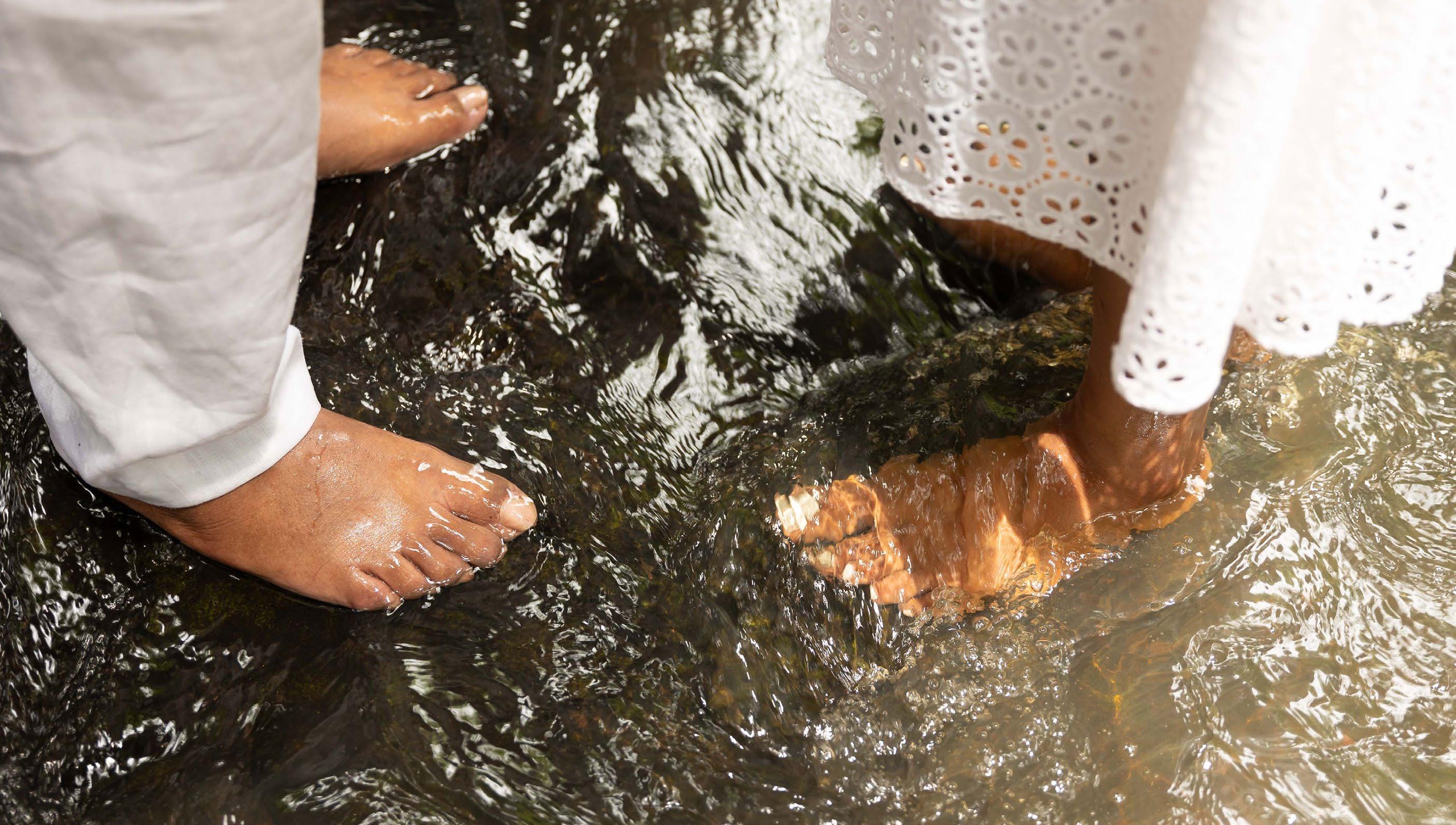
Perhaps the most emotional excursions were the visit to the Assin Manso Ancestral Slave River Park and the Elmina Slave Castle, where members confronted the brutal history of the transatlantic slave trade.
The tour at the river began with members being led to sing by the tour guides. Songs such as, “It Is Well With My Soul,” “Lift Every Voice and Sing,” “Wade in the Water” and “Amazing Grace.” Members delve deep into the experience, after being marked with two mud stripes on their arms to represent the ancestral grounds, and removing their shoes, members walked barefoot to the river of the Last Bath.
“Layered emotions, sadness, one of even relief of finally seeing and even understanding even more deeply of how our people were really traumatized. You can only guess of the fear of the unknown of what was happening to them,” said ELC Member Sam Combs.
As the group reached the river, after a silent walk down a path shaded by green foliage and people of the nearby village, they were instructed to hold hands with their chosen partner and honor themselves, each other and their ancestors as they stood in the river.
“Putting my feet in that same water is just indescribable, the connection I felt to my ancestors,” said ELC Member Cain Haynes.
Following the visit to the river, CEO Hyter, and Board Chair King placed a wreath at the ancestral grave site to remember those lost and those who survived. The wreath reading, “
“The Executive Leadership Council honors the lives of our African ancestors. May their courage and will to survive wash over us and serve as a reminder of our collective strength.”
“ PUTTING MY FEET IN THAT SAME WATER IS JUST INDESCRIBABLE, THE CONNECTION I FELT TO MY ANCESTORS.”
- Cain Haynes, ELC Member
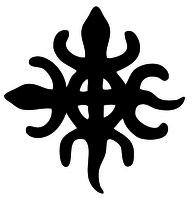

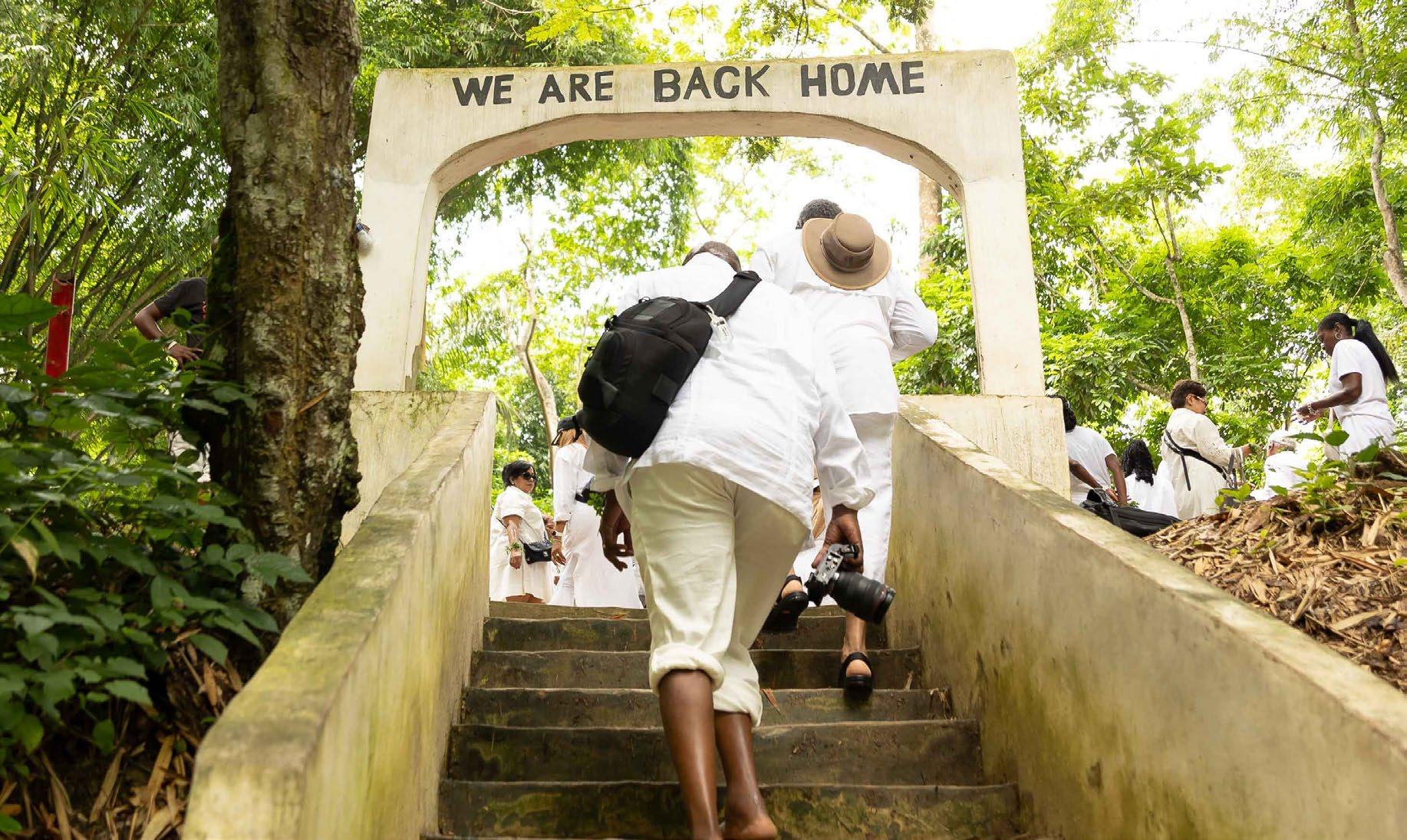
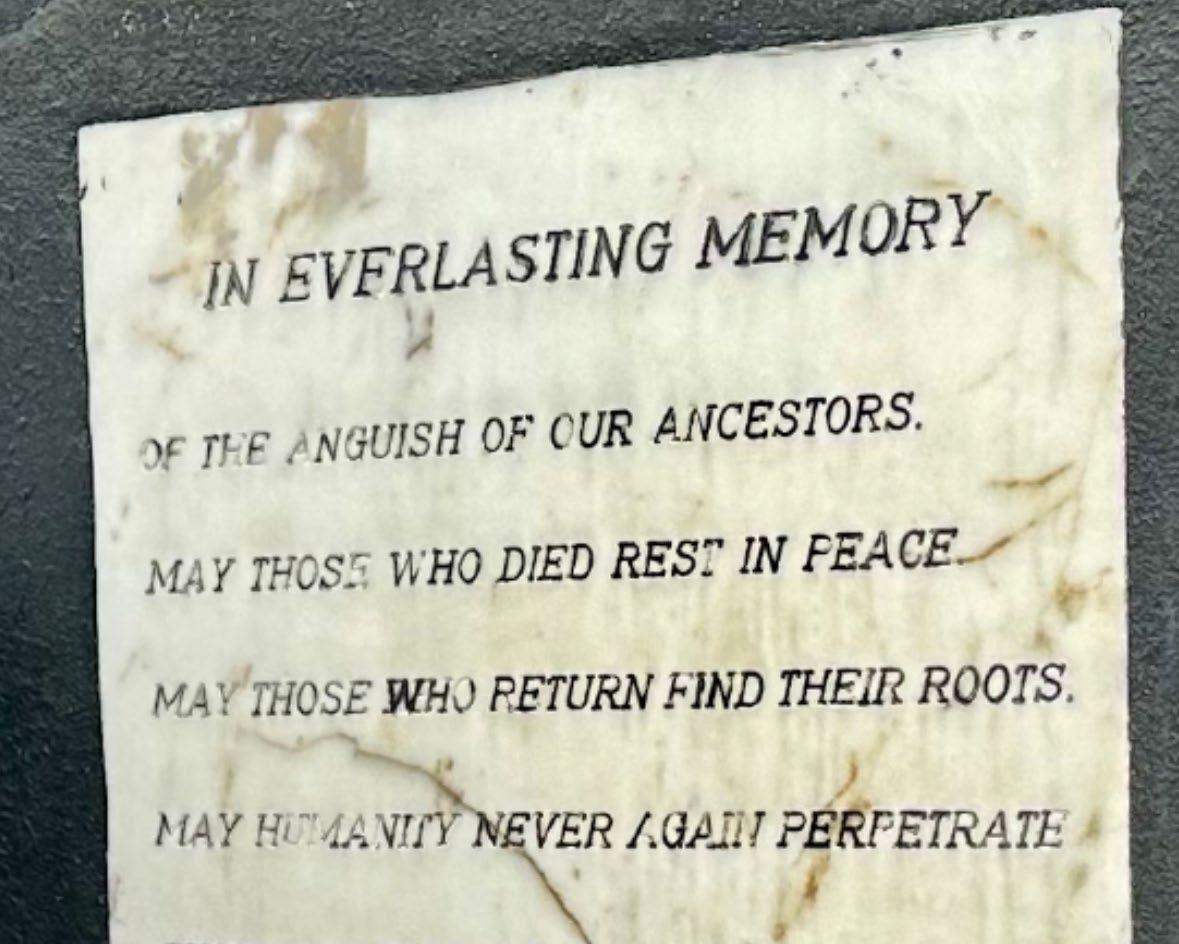

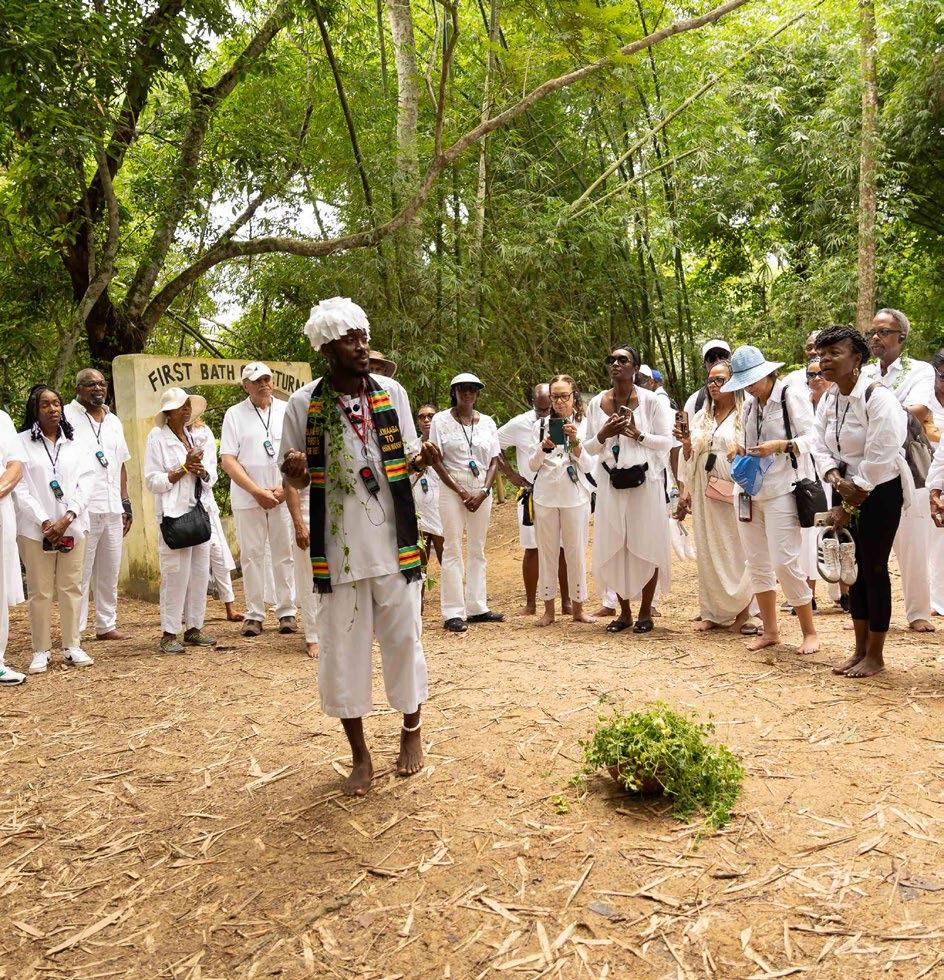

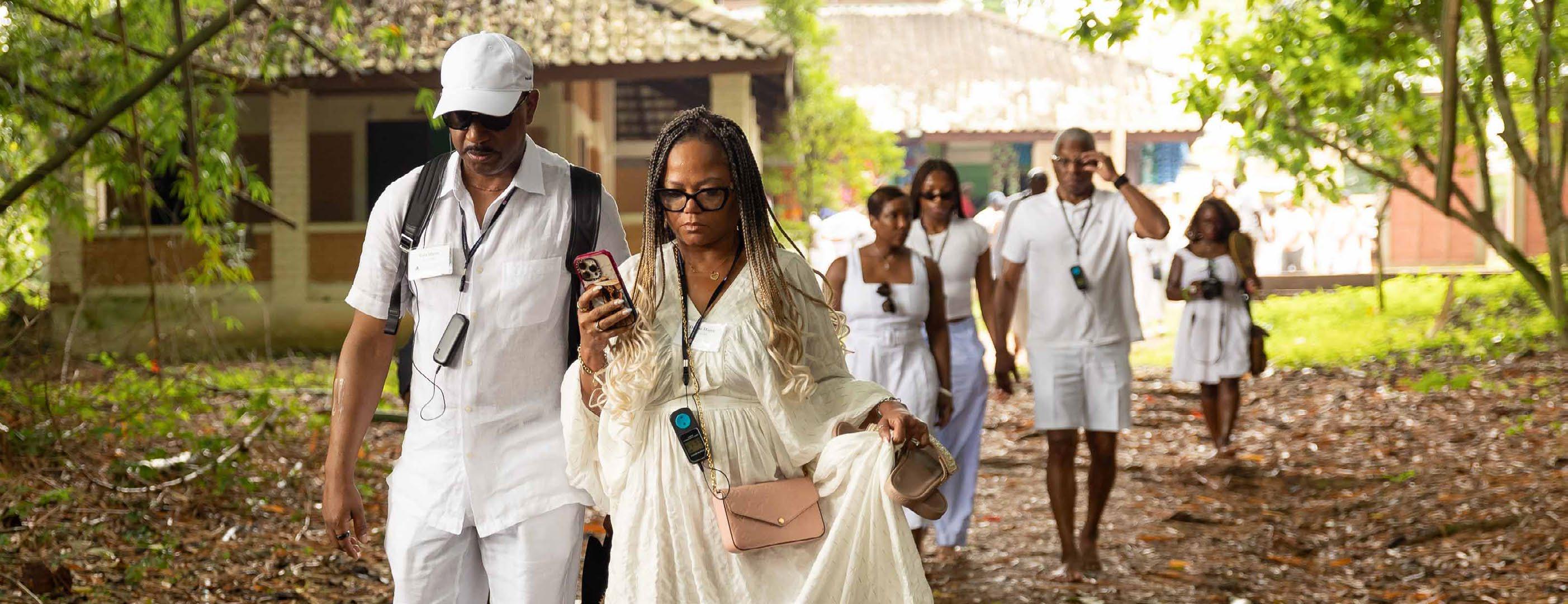

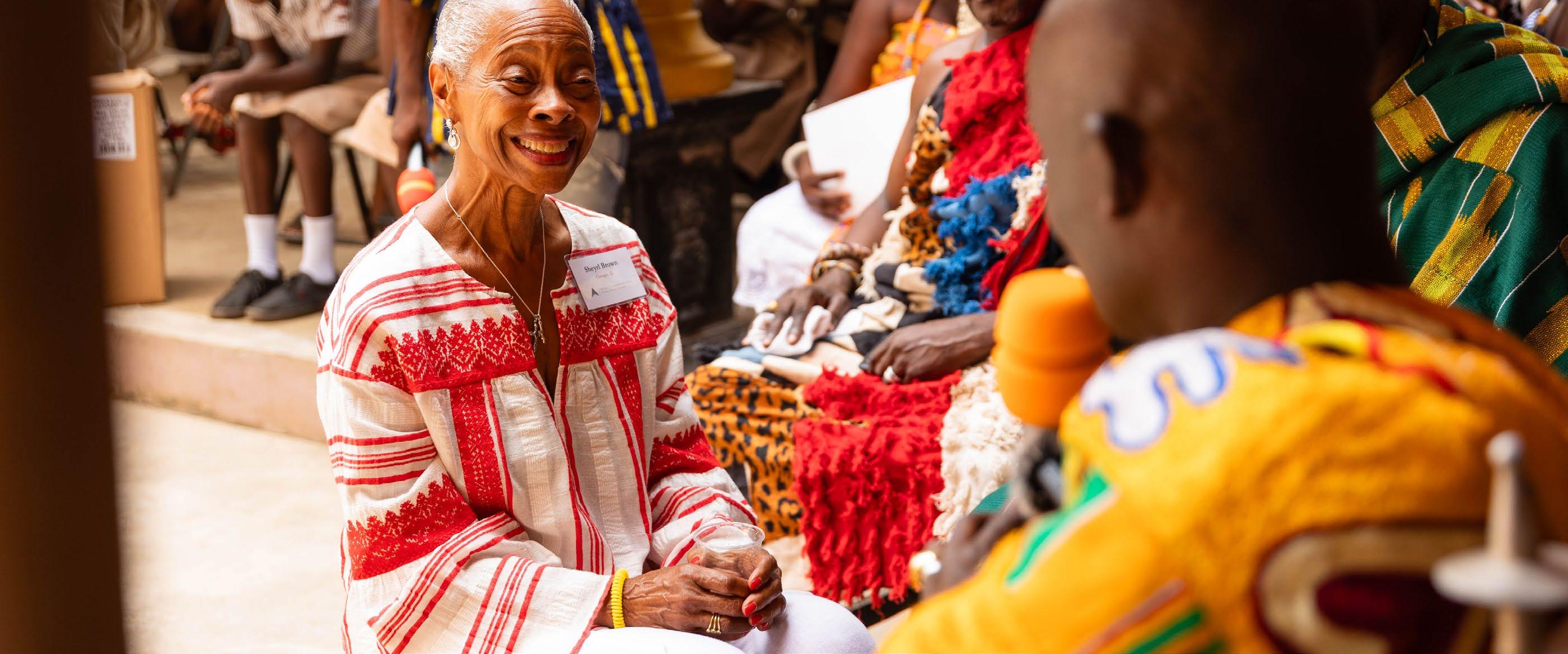
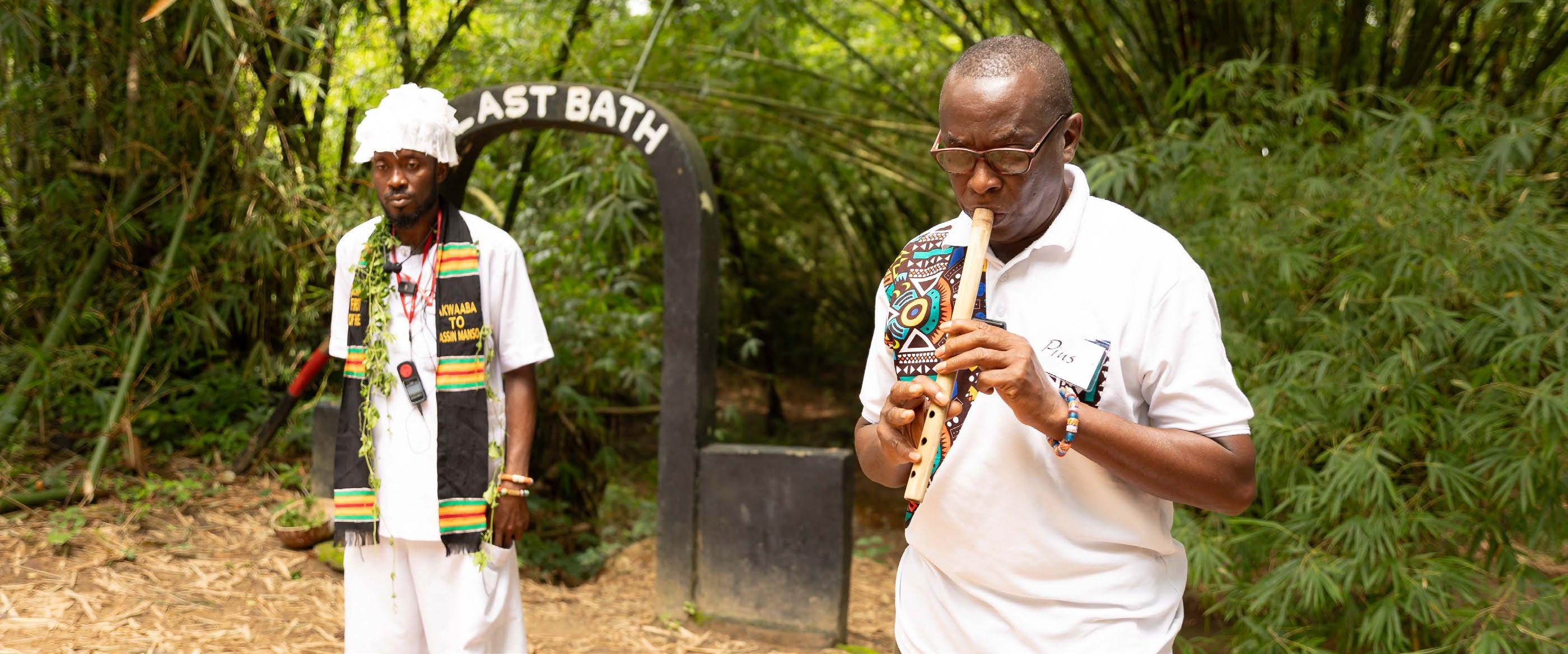
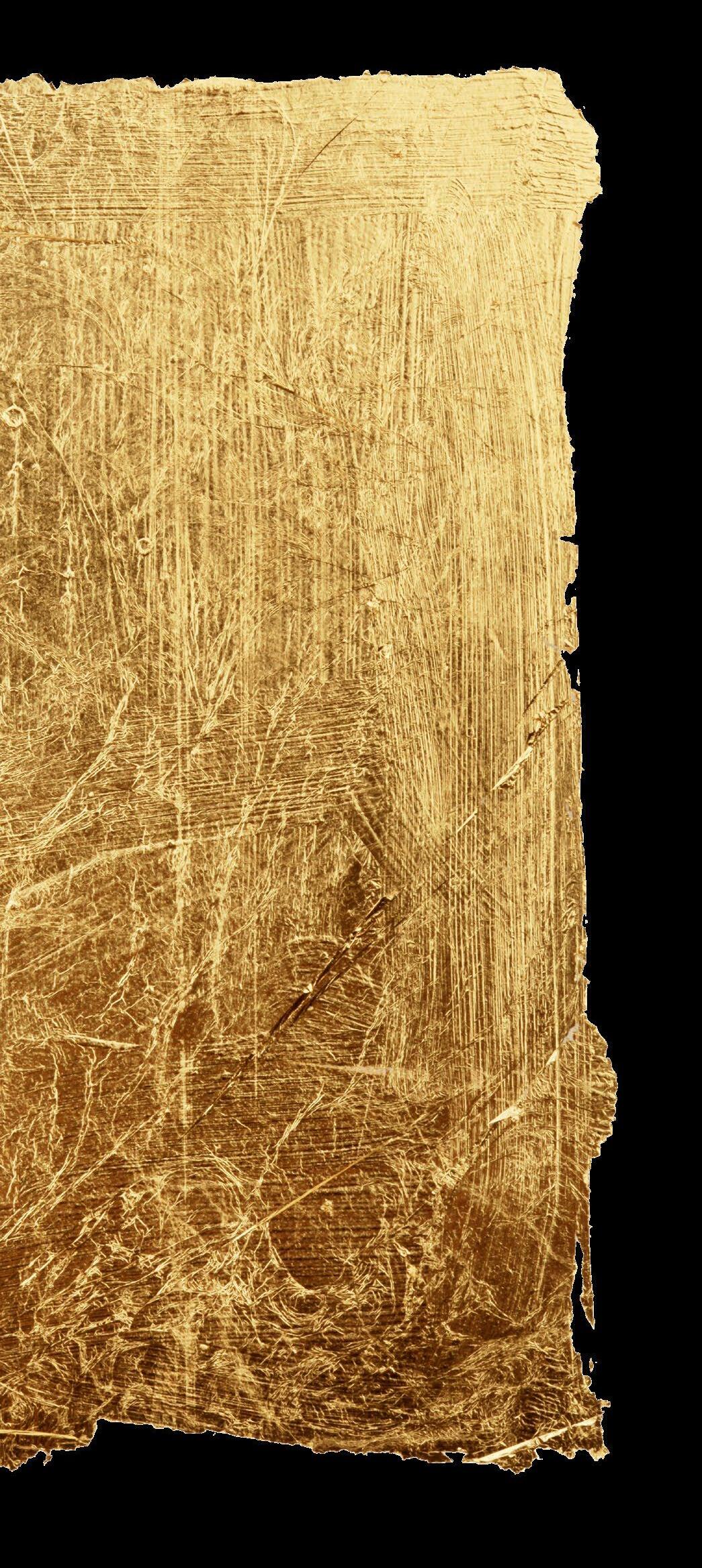
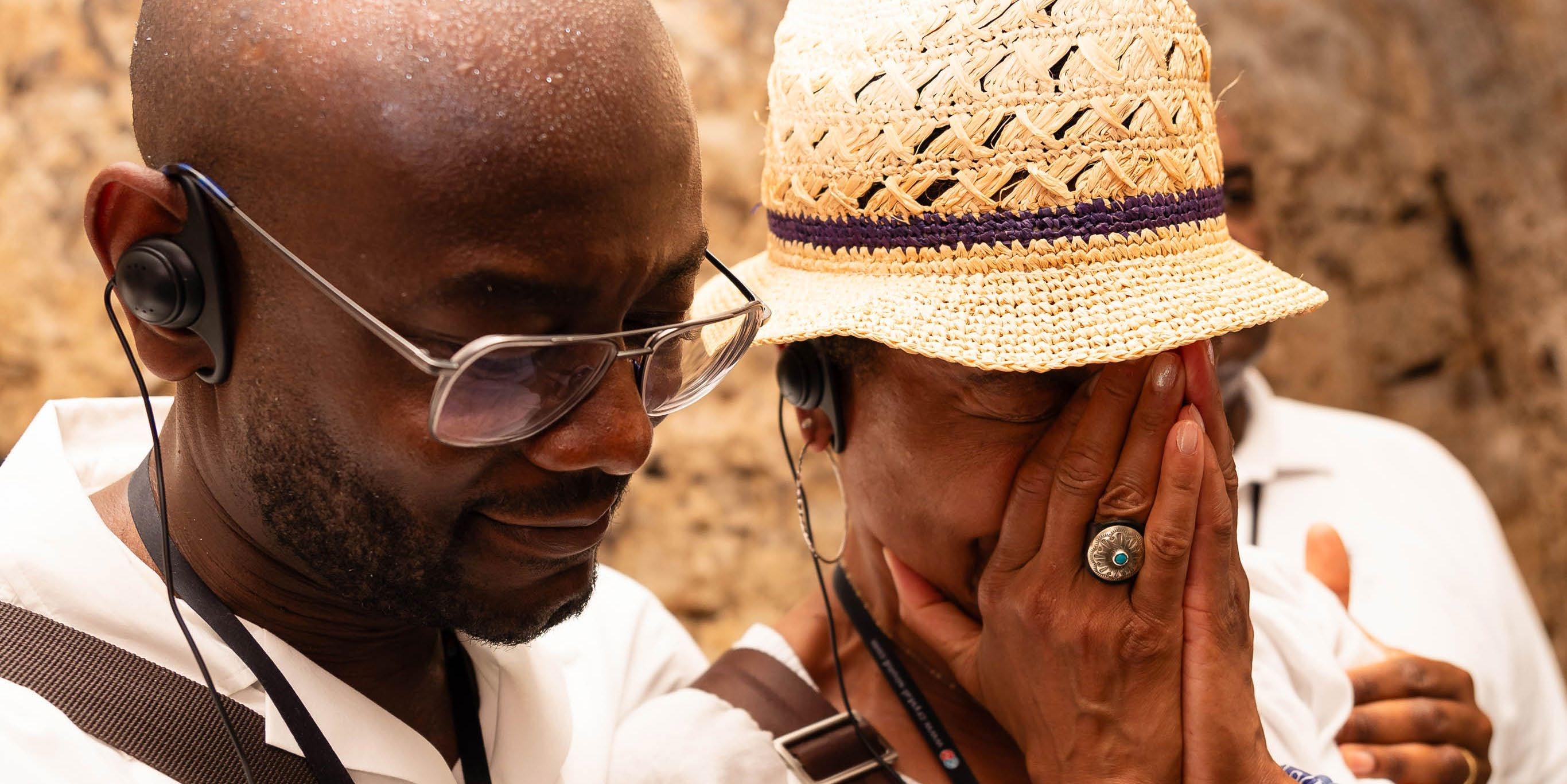
The visit to the Elmina Slave Castle had a profound emotional and spiritual impact on ELC members. Perched on a hill along the Atlantic Ocean, the castle, dating back to the 16th century, held tight to the traumatic stories of enslaved Africans waiting to be shipped off to a new world.
“Going to the slave dungeon and just really seeing the experience of those that were held captive and shown so little humanity,” said ELC Member Wanji Walcott. “Thinking about what they went through and the decision to either take their own lives or to carry forward. For me, it was such a stark reminder of all that we have been through and all that my ancestors have been through for me to be here today.”
ELC Board Chair Gale King described the overall experience as “soul fulfilling,” stating, “We knew that it would be educational, and it has certainly delivered on that. We knew that it would be one in which we would be
exposed to the culture, and they’ve delivered on that. We knew that we would have an opportunity to meet with business leaders and make connections. But what we didn’t know is that we would hear from the continental Africans about their views of what happened to our ancestors.” As members took turns looking out of the “door of no return”, they were reminded of how those who came before survived the impossible.
ELC Member Harold Singleton III described the experience at the slave castle as “the most poignant,” emphasizing the stark difference between sanitized narratives in the U.S. and the raw, unfiltered history presented in Ghana. “What it does for you is it makes you realize that people survived that journey, that difficult time, just so that we could be here and that is very important.”
“It was confirmation to my grandparents and my grandfathers that we are alive and that we came home,” said ELC Member Hilda Pinnix-Ragland.



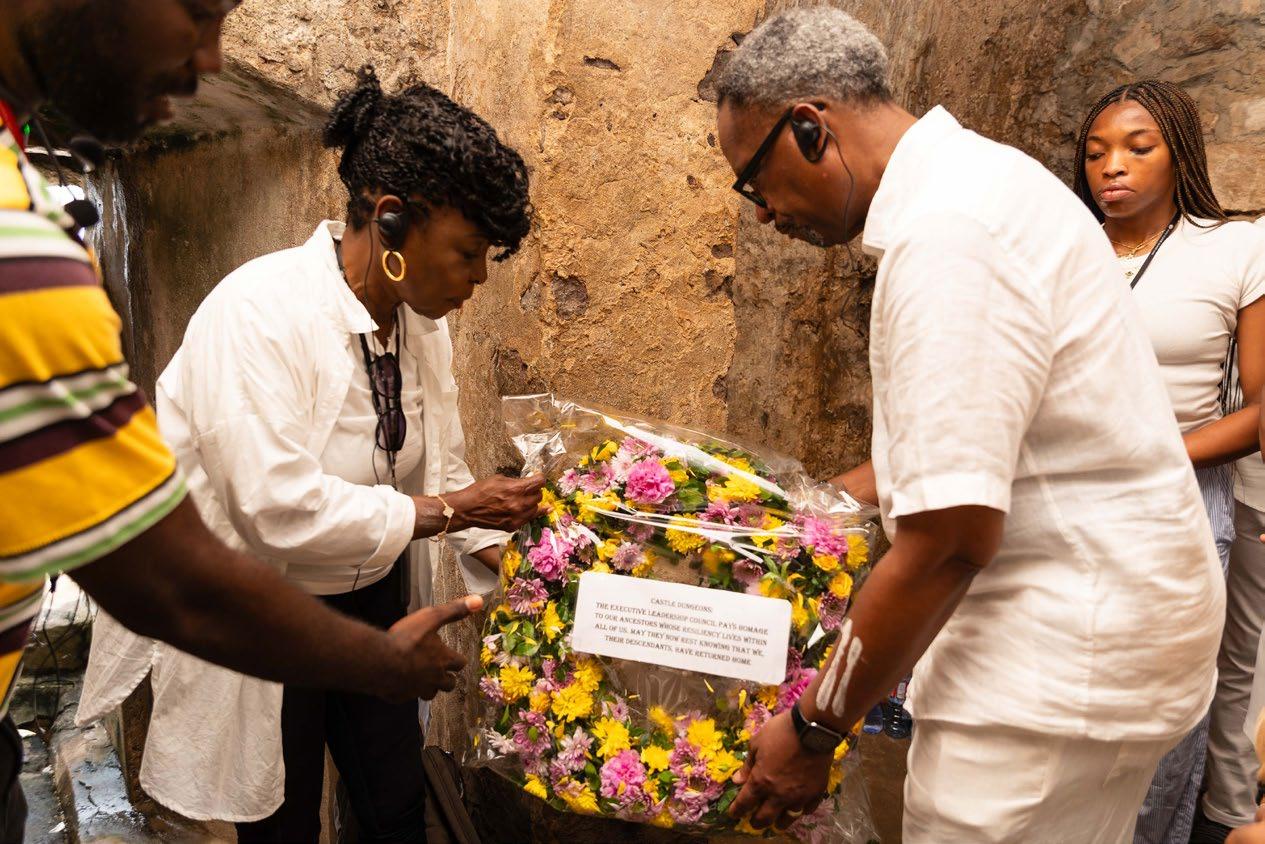
“ IT WAS CONFIRMATION TO MY GRANDPARENTS AND MY GRANDFATHERS THAT WE ARE ALIVE AND THAT WE CAME HOME.”
- Hilda Pinnix-Ragland, ELC Member
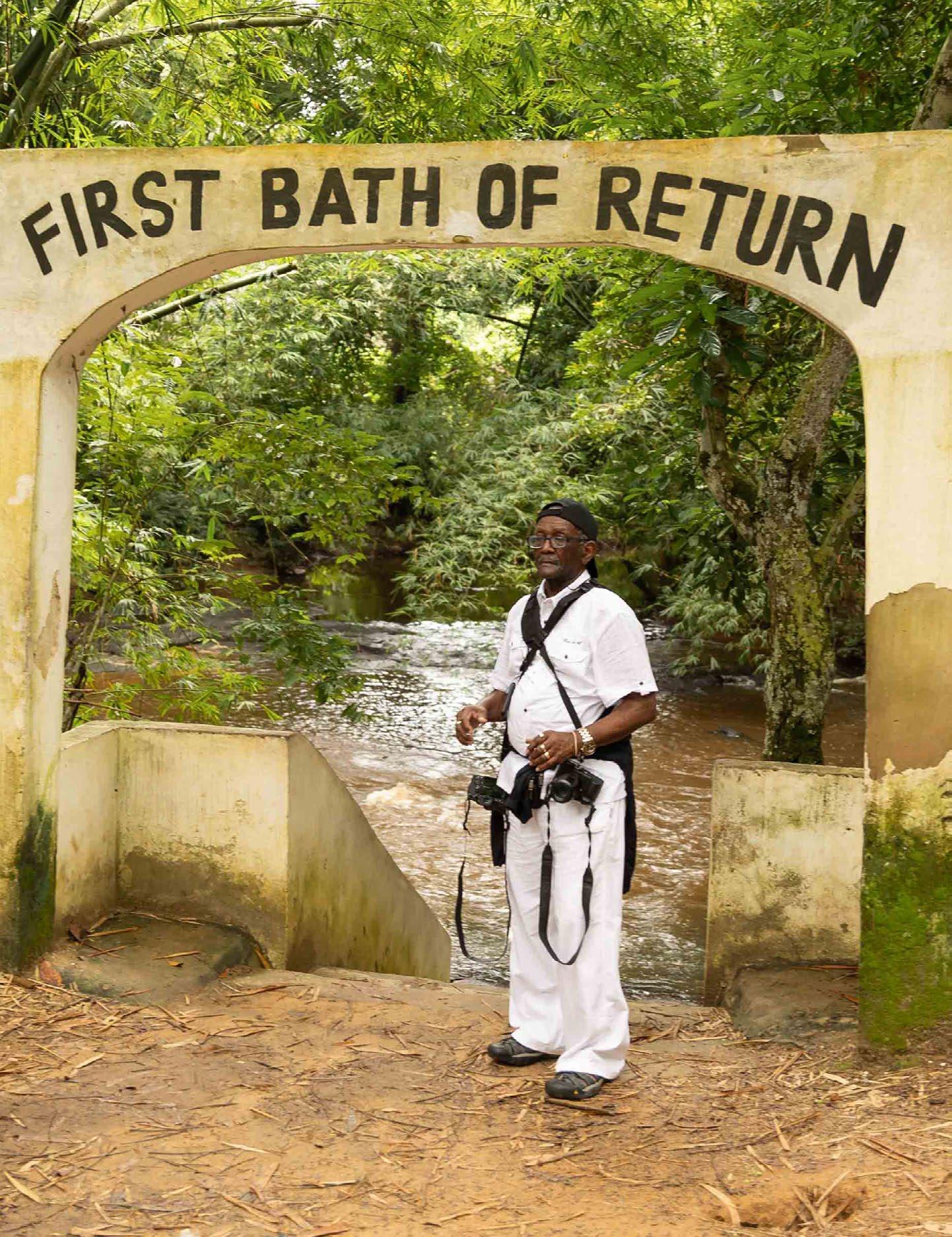
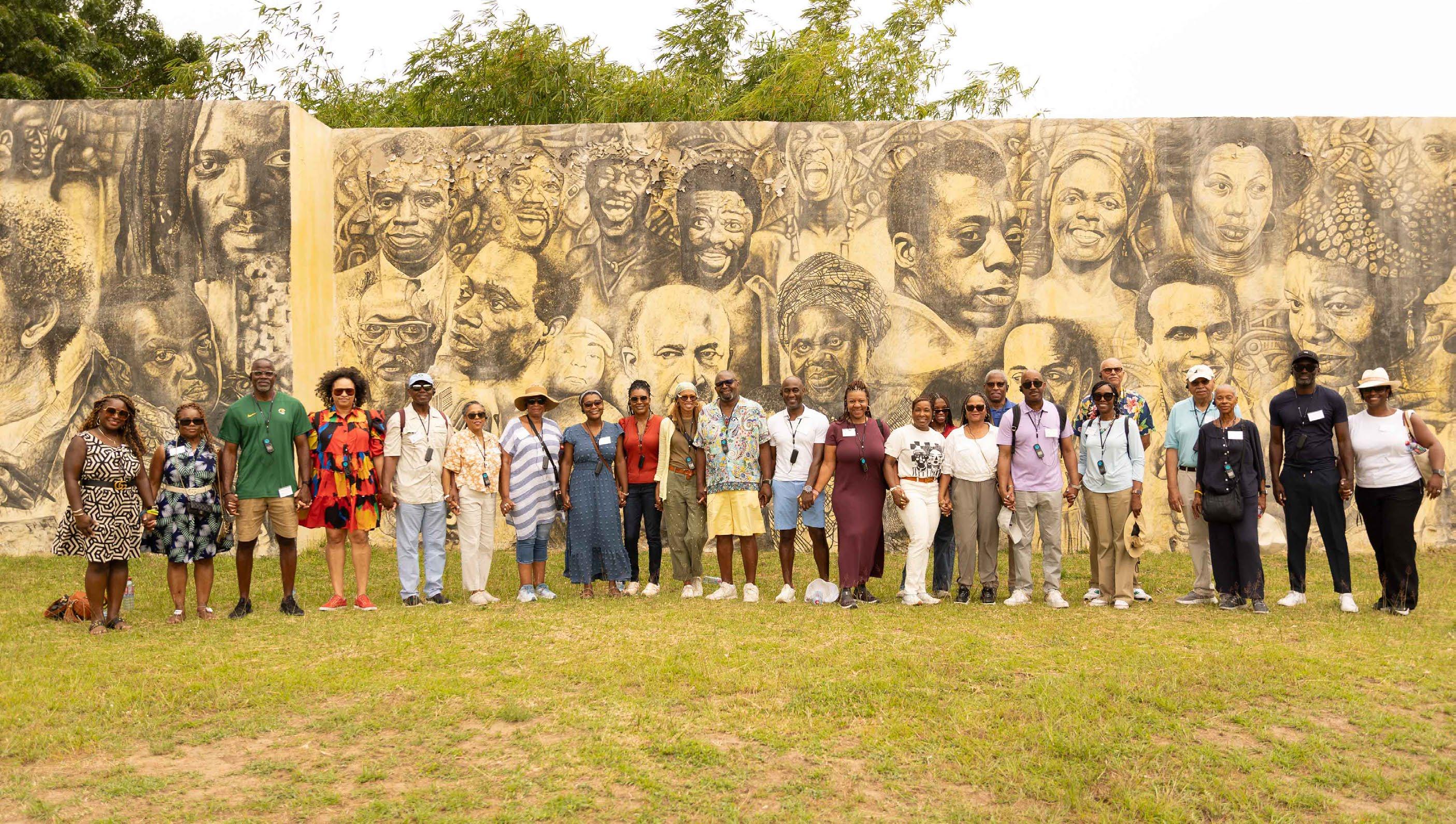
Nestled in the heart of Ghana’s cultural tapestry lies the Nkyinkyim Museum, a vibrant testament to the resilience, creativity, and spirit of the African people.
From the moment ELC members stepped onto the soil of the museum, they were welcomed with open arms by the museum’s curators, who were eager to share the narratives behind each piece of art. The tour began with an introduction to the museum’s centerpiece, a sprawling mural that chronicles the journey of the African diaspora, blending traditional and contemporary art forms to create a powerful visual narrative and message.

“I think the most memorable for me was walking and seeing all the sculptures that were created of the ancestors and seeing how important leadership is. Seeing the chief ancestors with the snake in their hand and seeing how following leadership without knowledge is not wise.” said ELC Member Dr. Lilicia Bailey.
For ELC Members, the visit to the Nkyinkyim Museum was more than just a tour—it was a journey through history, a celebration of African art and resilience, and an opportunity to reflect on their own roles as leaders in the Black community.
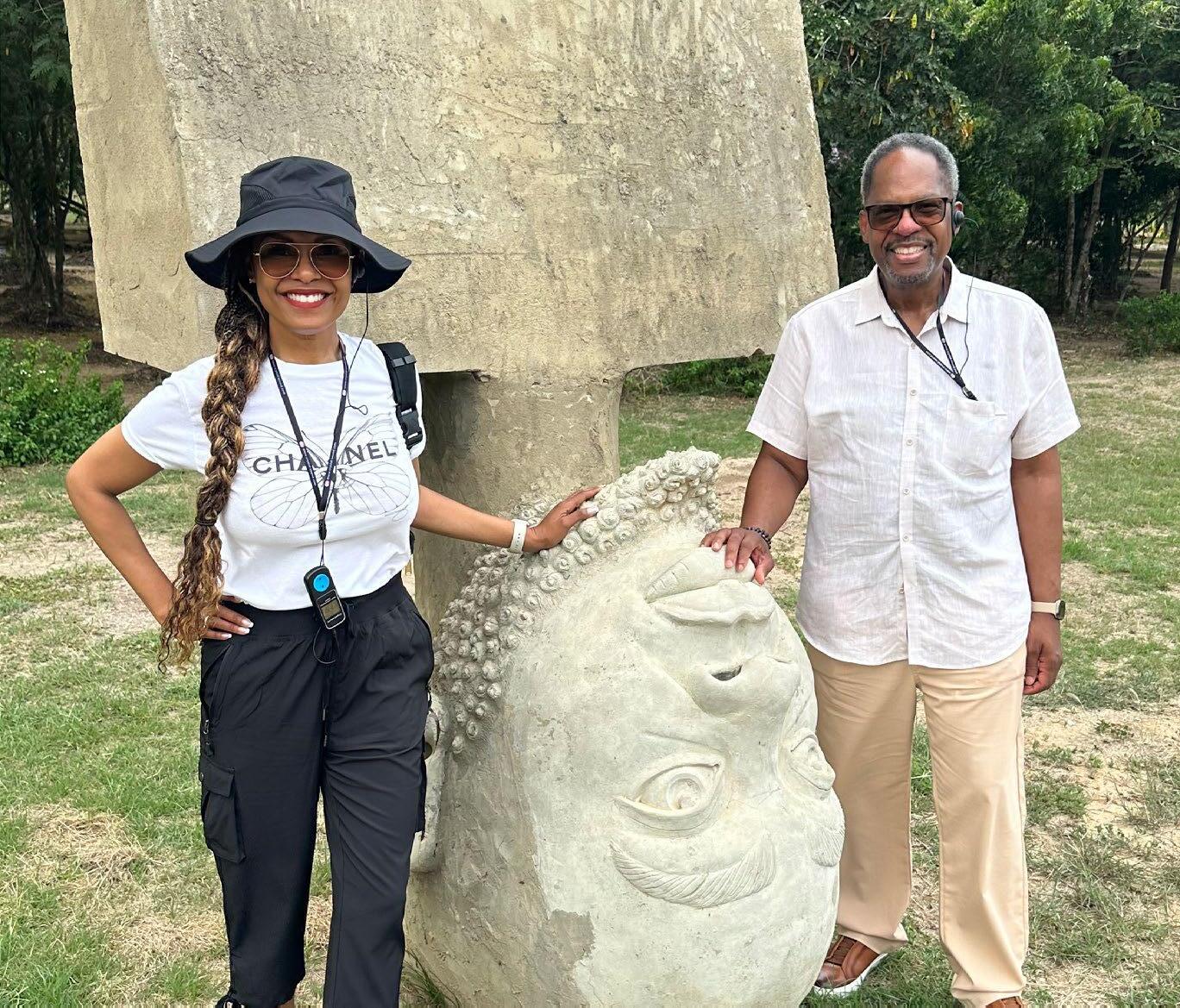
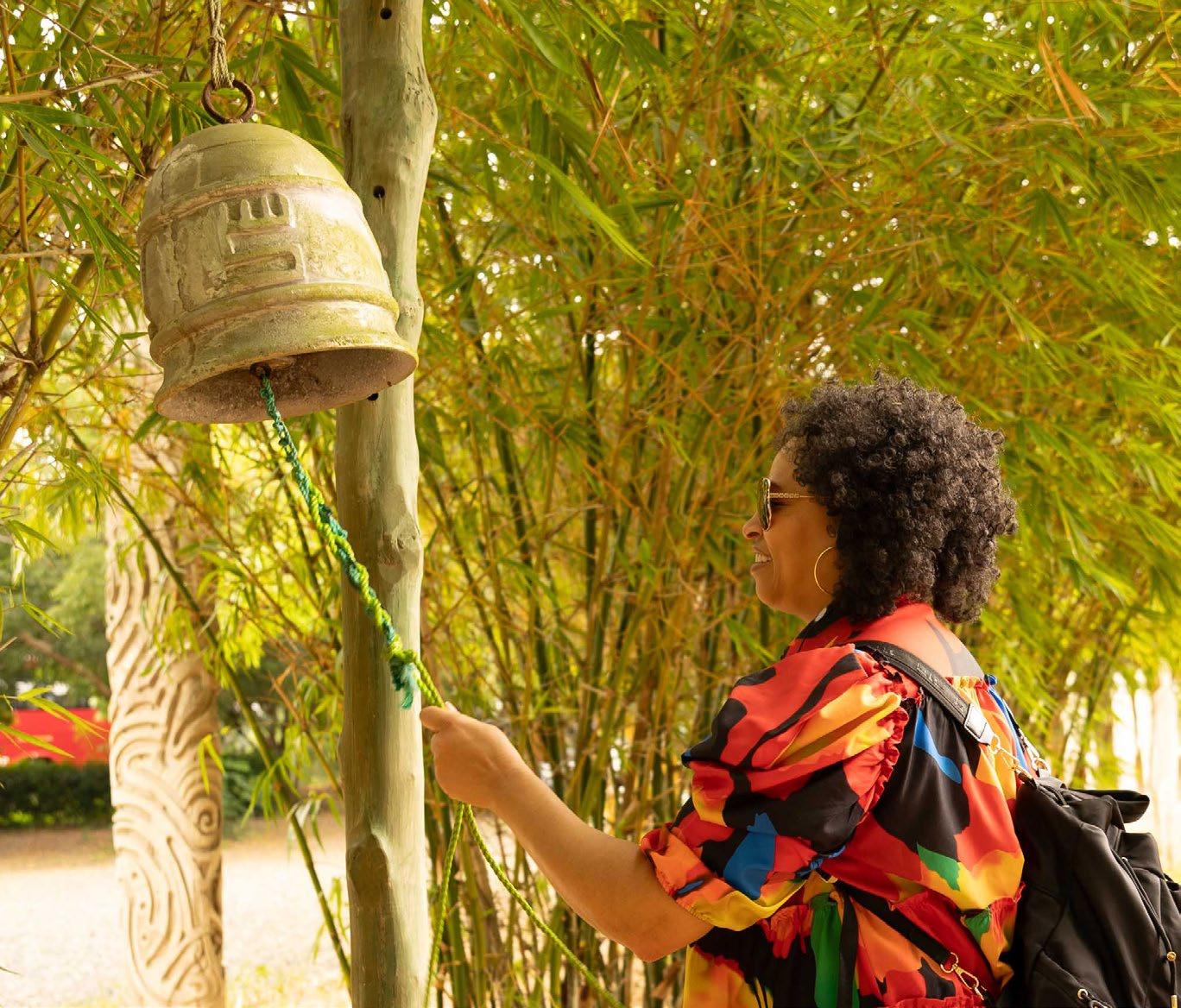
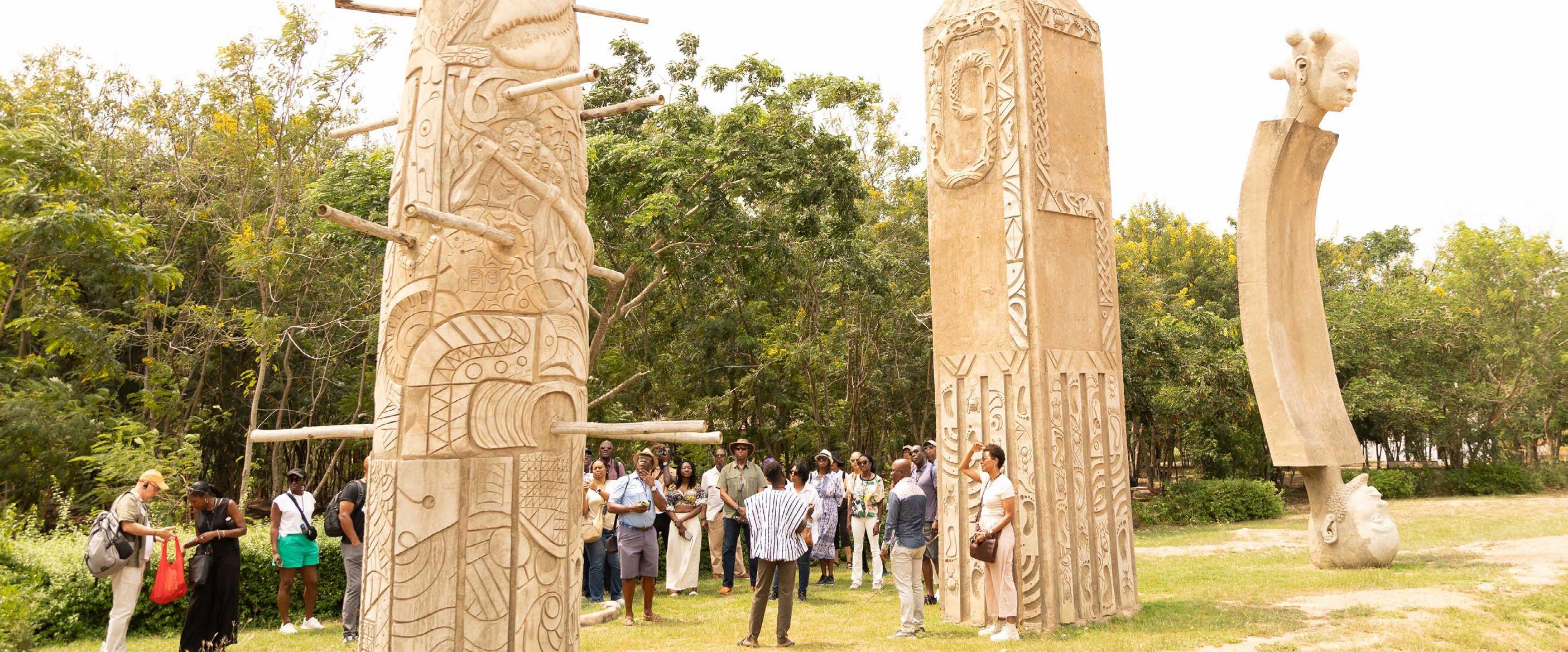
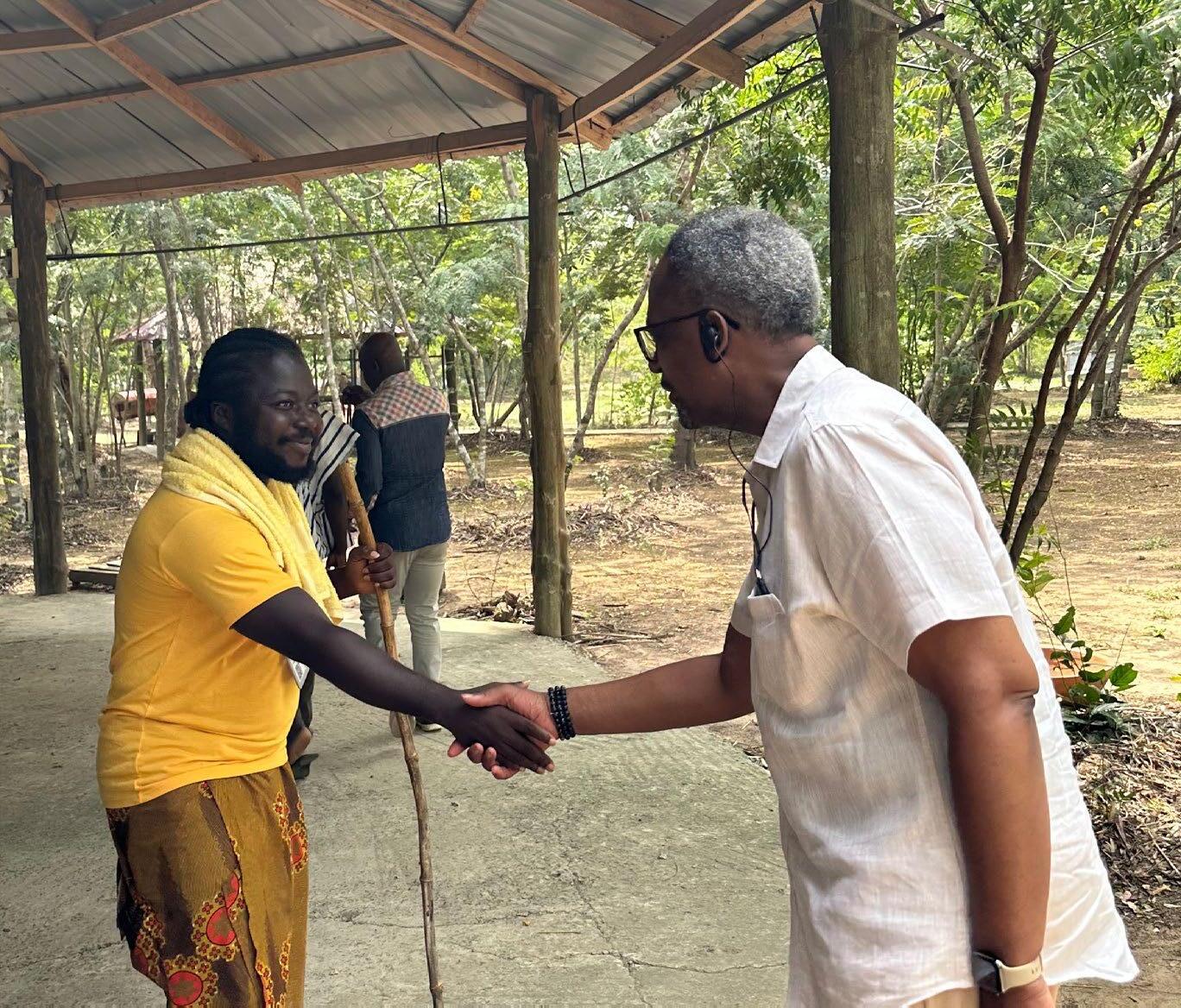
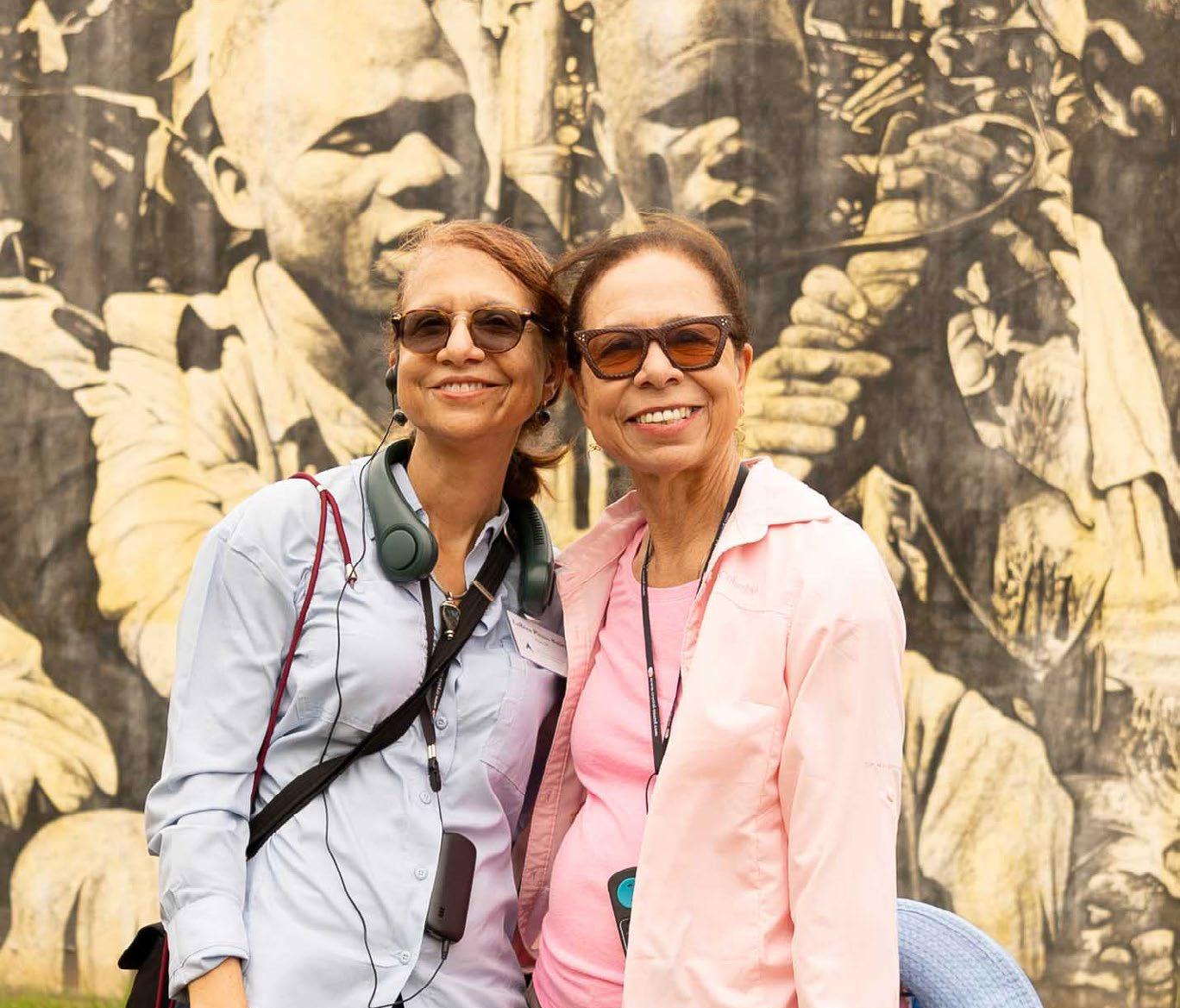


Beyond the collaboration with Ghana’s business leaders, historical and cultural education, the trip fostered deep connections among ELC members.
ELC Member Harold Singleton III saying, “Having this concentrated time over a week you get to know people in a different setting, and I think it’s terrific. The meetings are always great, but they feel a little more formal, and this setting is less formal, so you get to know people a little better.” ELC Member Sam Combs shared those sentiments and the importance of being connected.
“I think the one word that comes to me is connectedness. We as a people when we lose that as ELC members, that is so important in what we do that goes beyond just our jobs and our careers, that adds purpose to it,” said ELC Member Sam Combs.

“It’s been the best ELC bonding, reconnecting, renewal that I have ever experience,” said ELC Member Hilda Pinnix Ragland. “I’ve been in The Executive Leadership Council for over 20 years, and this is the one, because usually they’re just individual groups by your geographic region or your career path, or when you came in. This one connected us from all over. I’ve met some unbelievable brothers and sisters. I’d highly recommend ELC do it again.”
CEO Hyter reflected on the success of the excursion, saying, “We expected 35 to 40 people, 55 people signed up and so here we are, and it exceeded my expectations. This bonding experience and educational experience happening as a shared experience has just been extraordinary.”
As ELC members returned home, they carried with them a renewed sense of purpose, pride and commitment to uplifting their communities and building business partnerships across the diaspora.
Board Chair King summed it up beautifully: “My soul is satisfied, and again it has been such an exceptional experience. We are all leaving better than we came, and more determined.”
The Executive Leadership Council’s trip to Ghana was a powerful reminder of the importance of reconnecting with our roots and forging strong bonds within our communities. It was a journey of discovery, reflection, and transformation that will undoubtedly inspire future excursions and continue to strengthen The ELC on a global scale.
“ MY SOUL IS SATISFIED, AND AGAIN IT HAS BEEN SUCH AN EXCEPTIONAL EXPERIENCE. WE ARE ALL LEAVING BETTER THAN WE CAME, AND MORE DETERMINED.”
said Board Chair King.
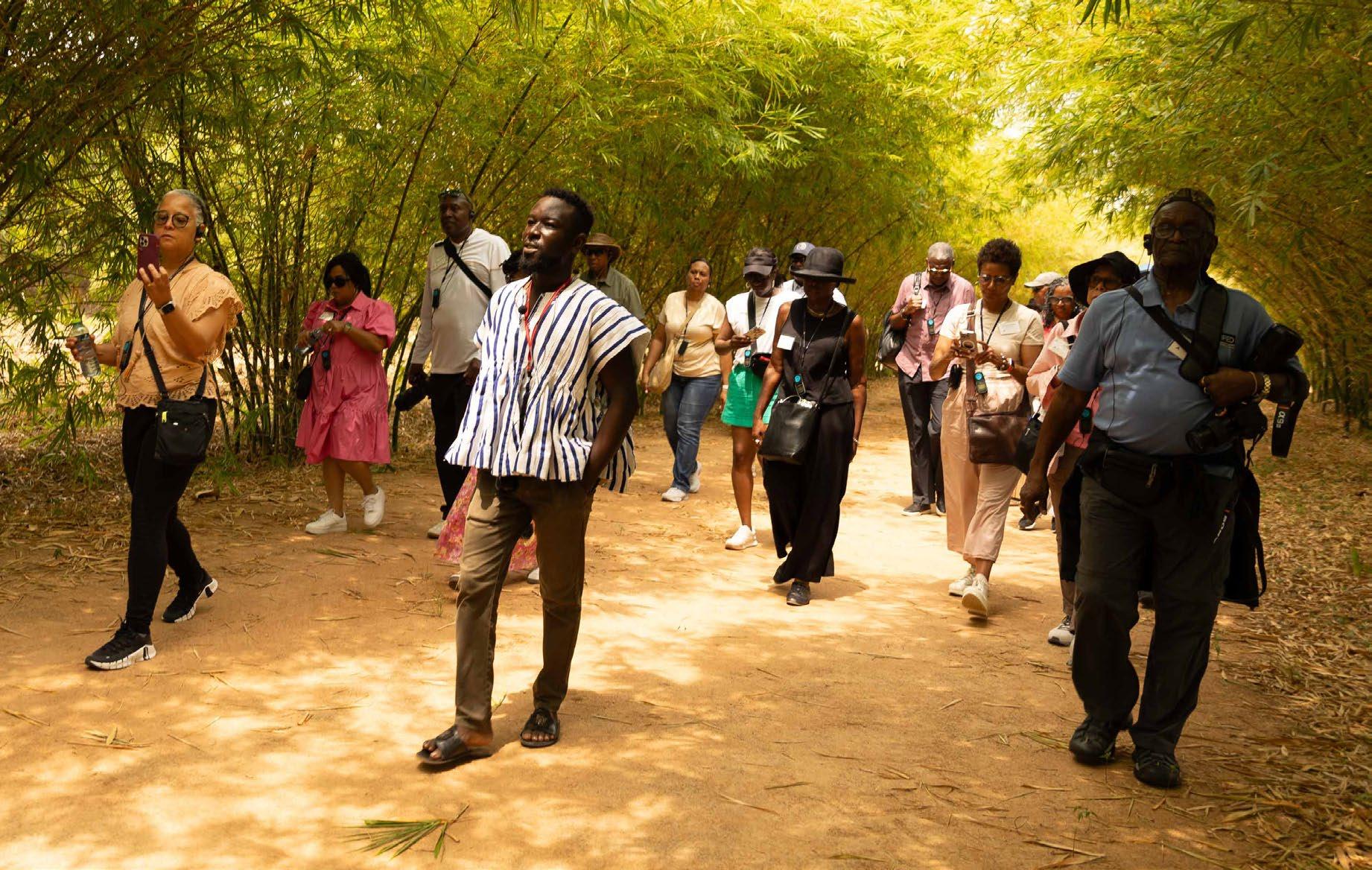
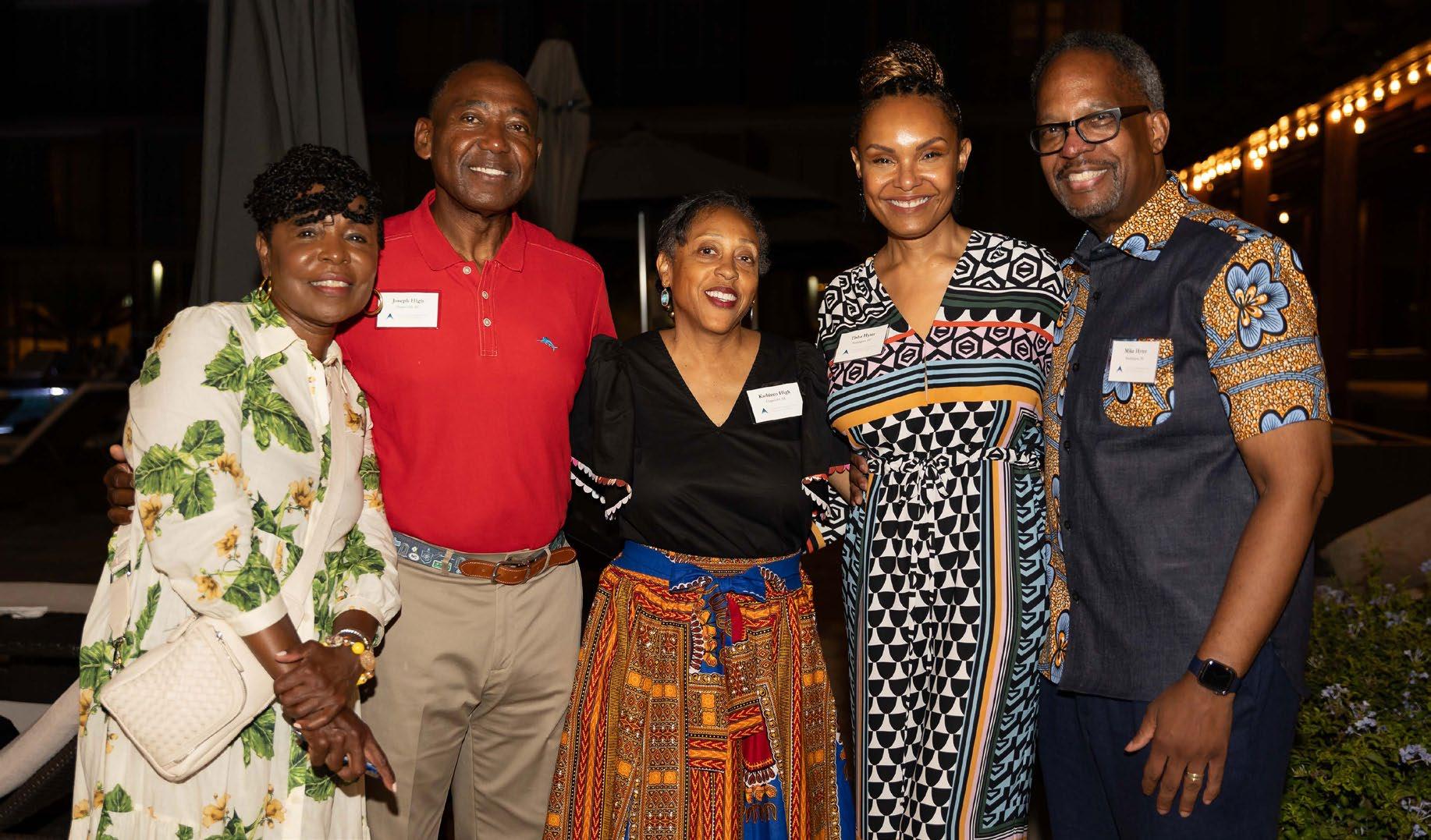


The ELC would like to extend a heartfelt thank you to our members who joined us on this unforgettable journey. A special thank you to the co-chairs of The ELC’s International Presence Committee, Vice Chair Nancy Armand and co-chair Keith Levy, for their unwavering effort to make this excursion possible.
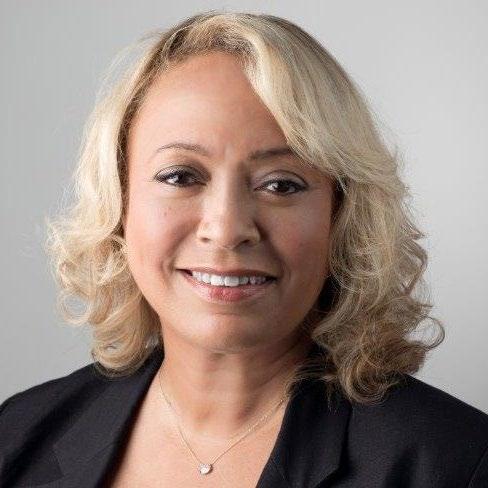
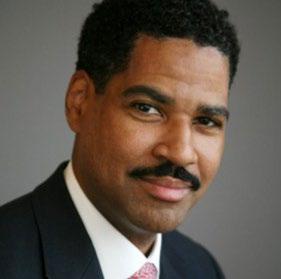
ELC Staff:
Erica Jordan, VP Member Services
Rochelle Ritchie, Communications Manager
Samad Sadri, Data & Information Specialist
Host Hotel:
Kempinski Gold Coast Hotel
TuTu Agyare
Tour Guides:
Damba Sally
Pius Vordzorgbe
Travel Agency:
Arrangments Abroad
Teresa Gibbons
Bryan Goyette
Katherine Charelton
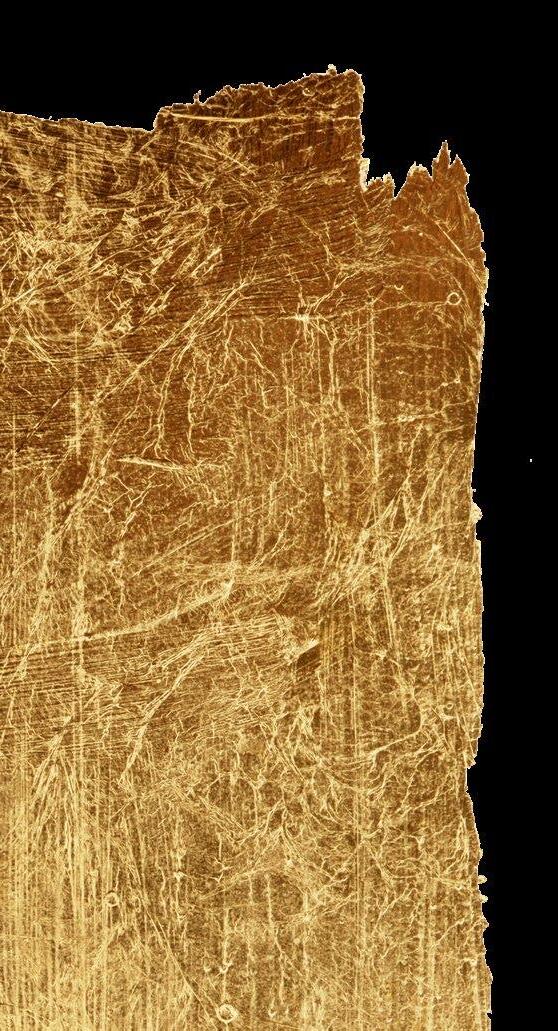
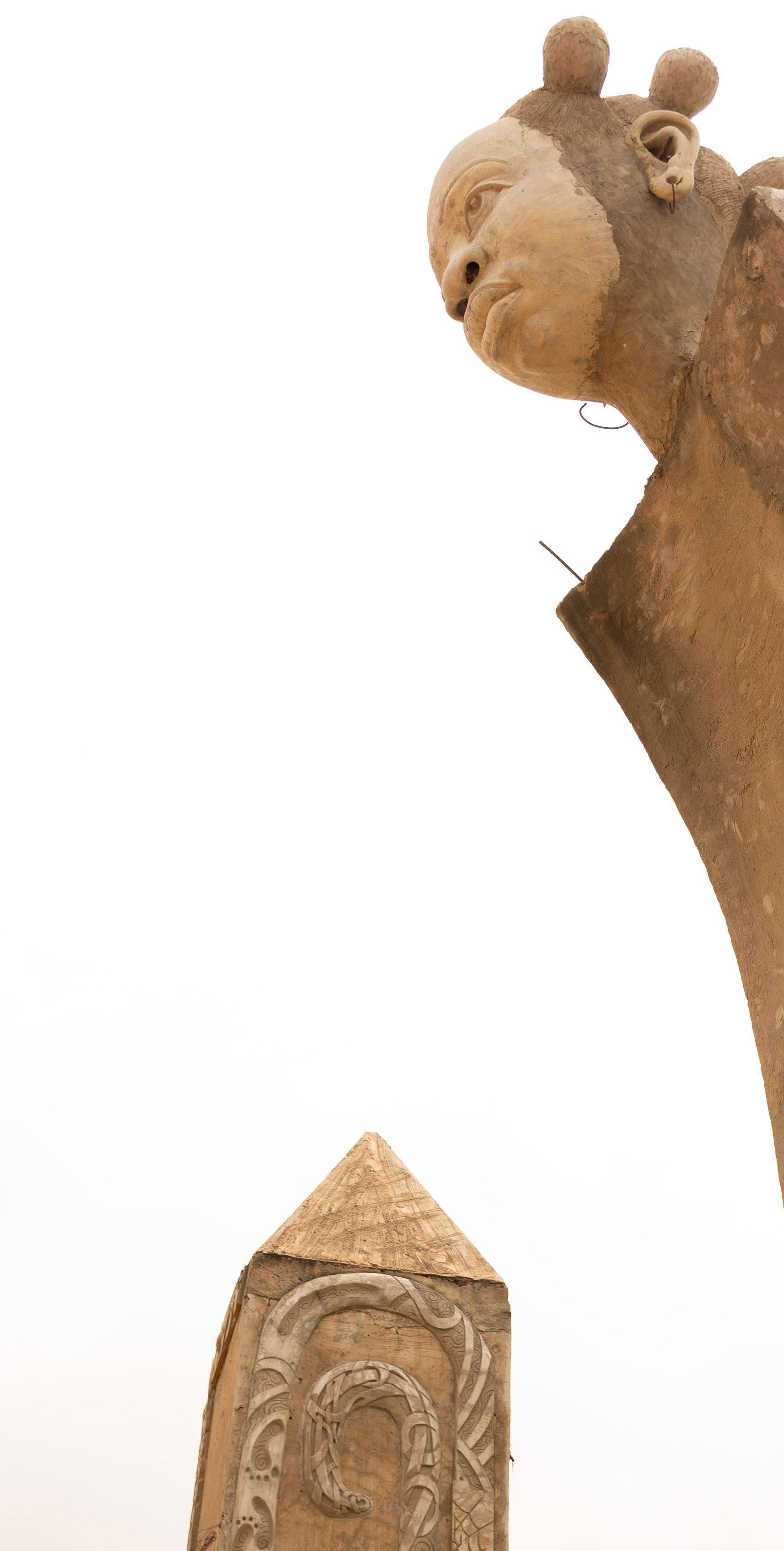
Photography/Videography: Kraftsmen Co.
Kofi W. Gyasi-Acquah
Derrick Alade
Transportation: JEOUN
Sgt Alidu Yakubu
Chief Inspector Benjamin Kudjo
